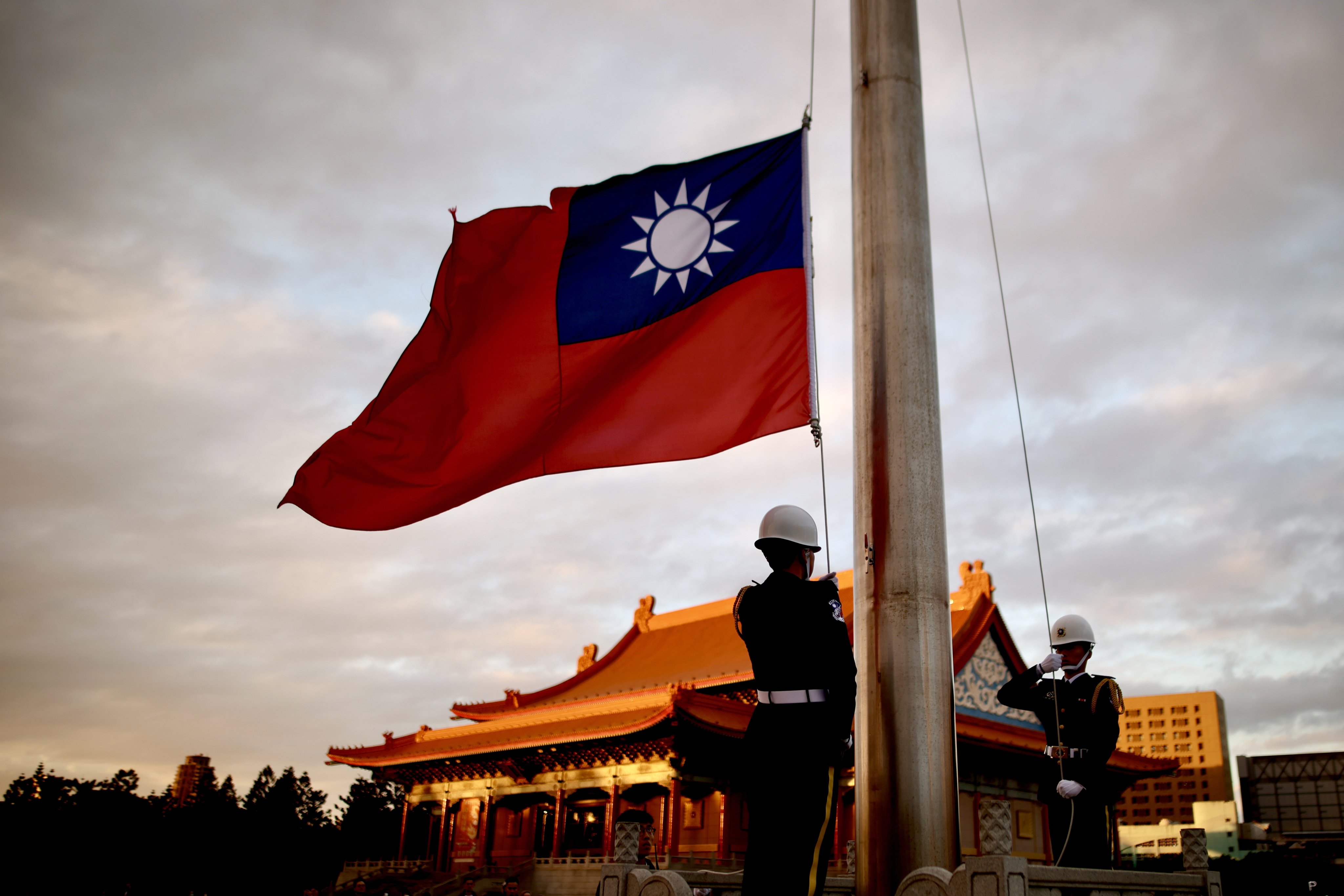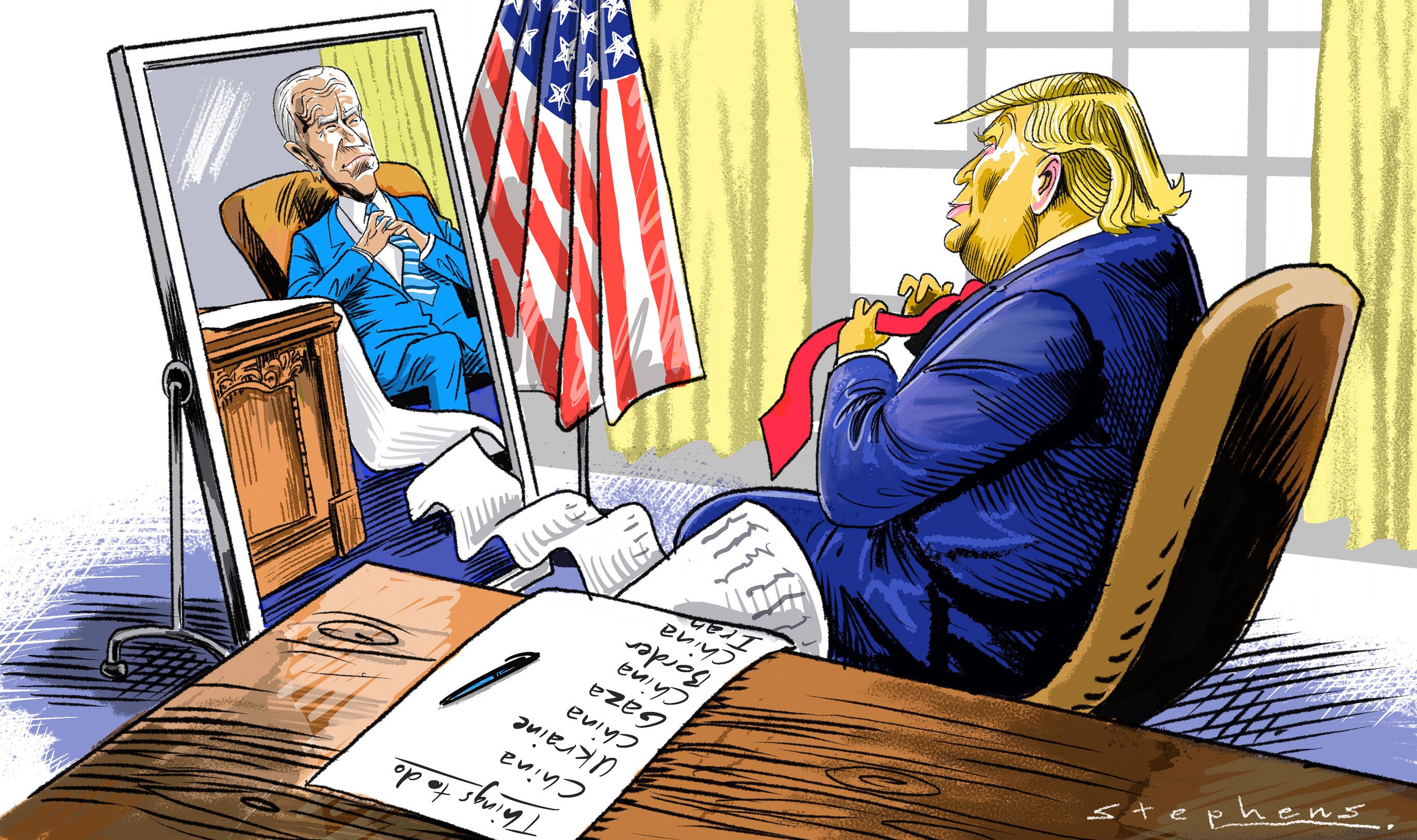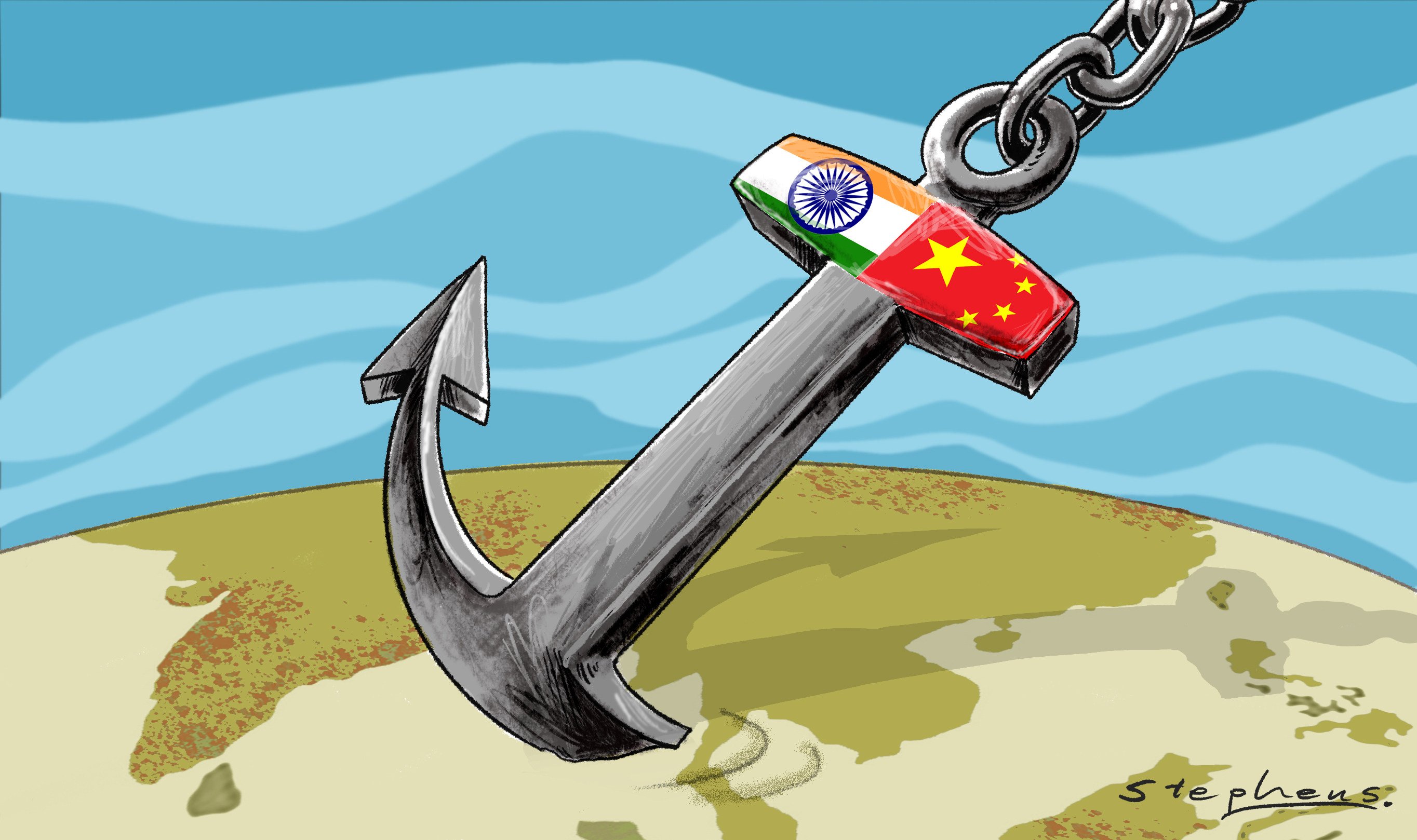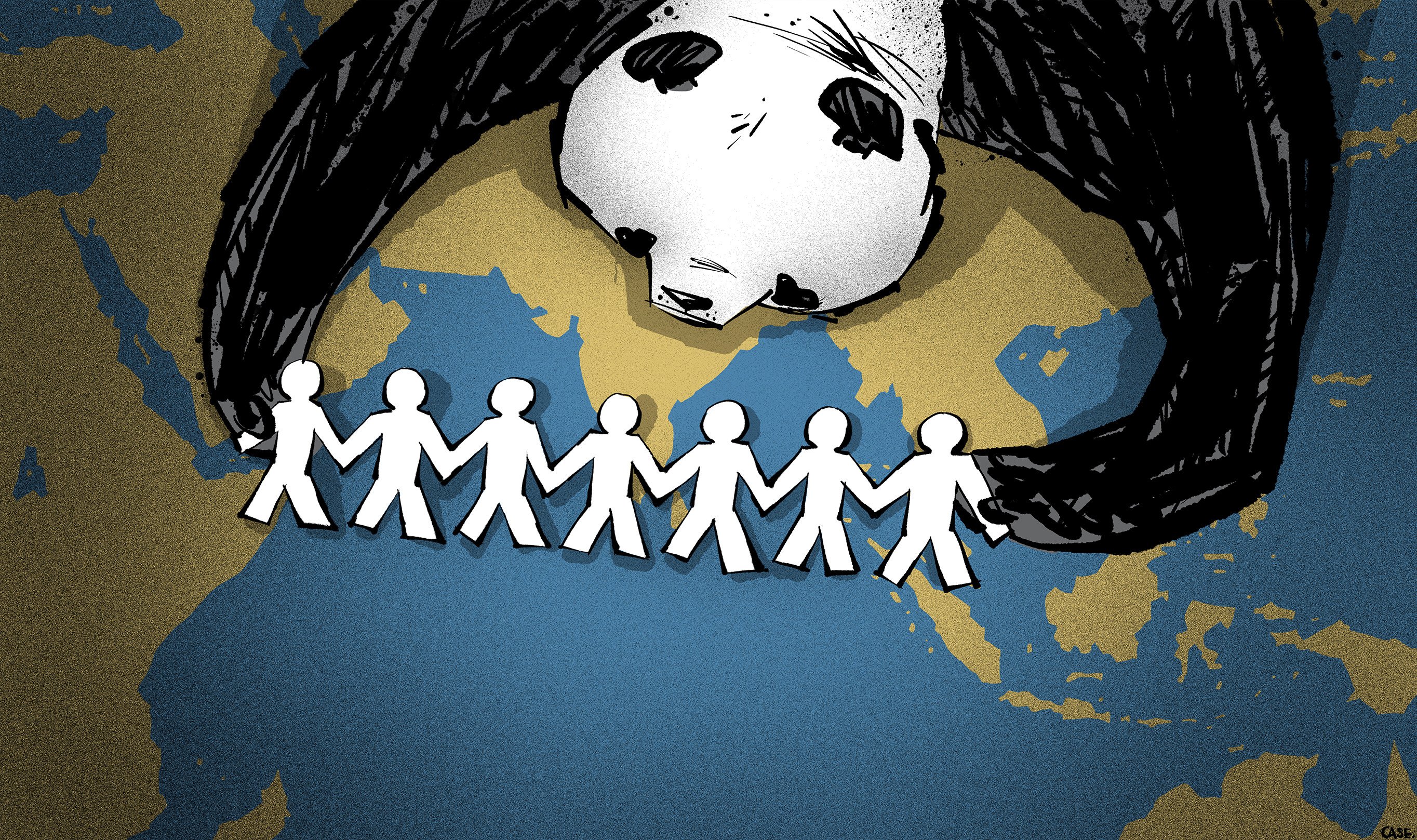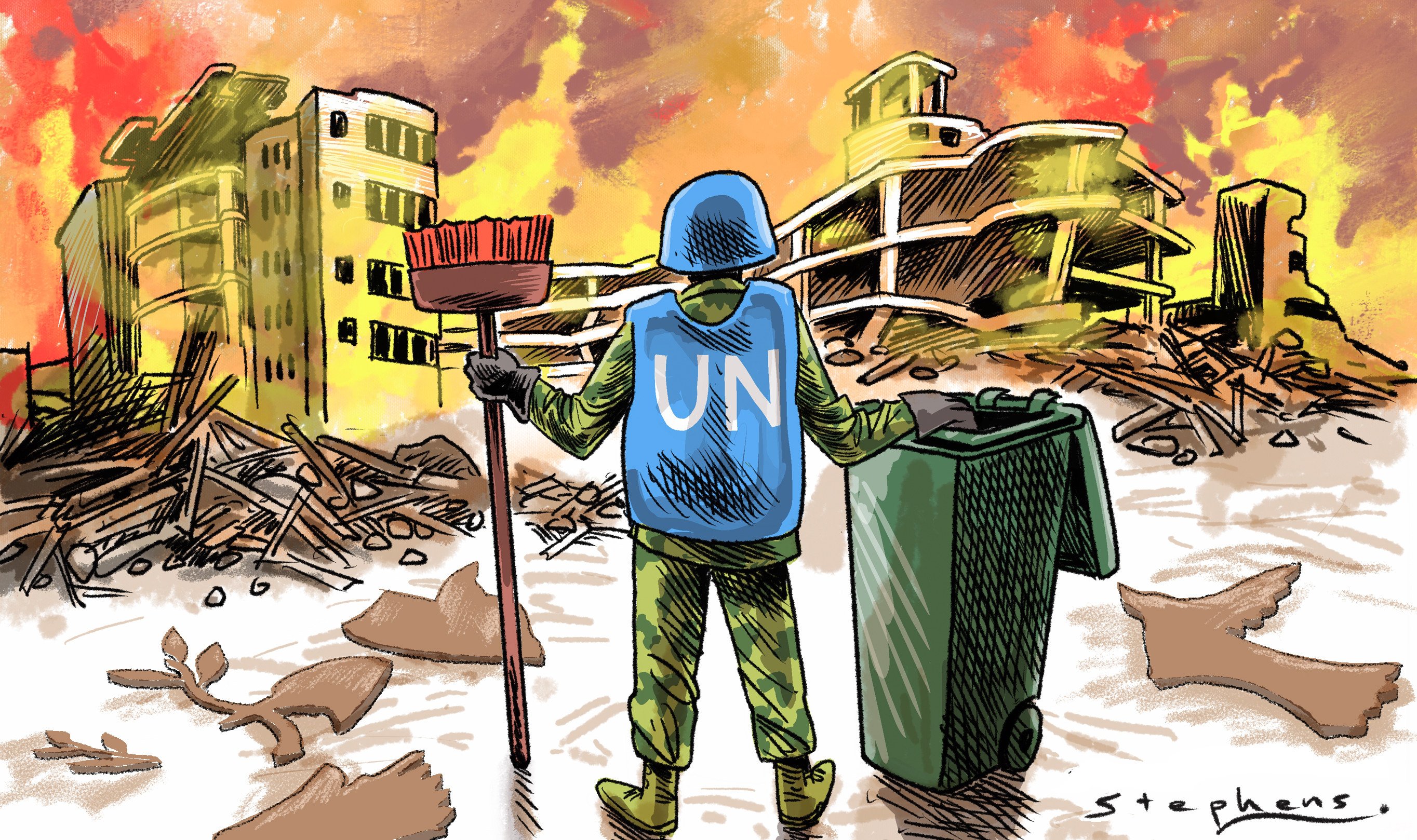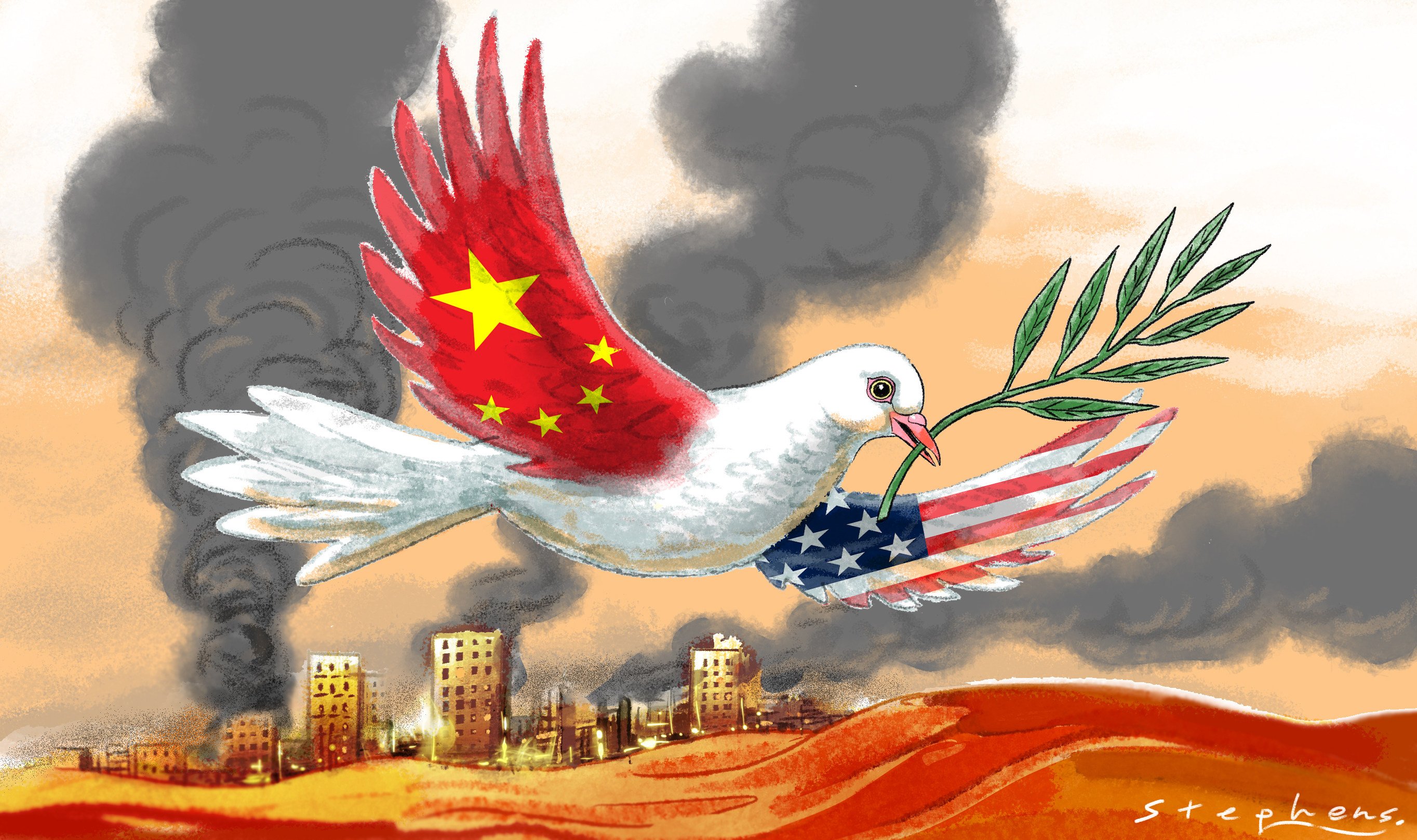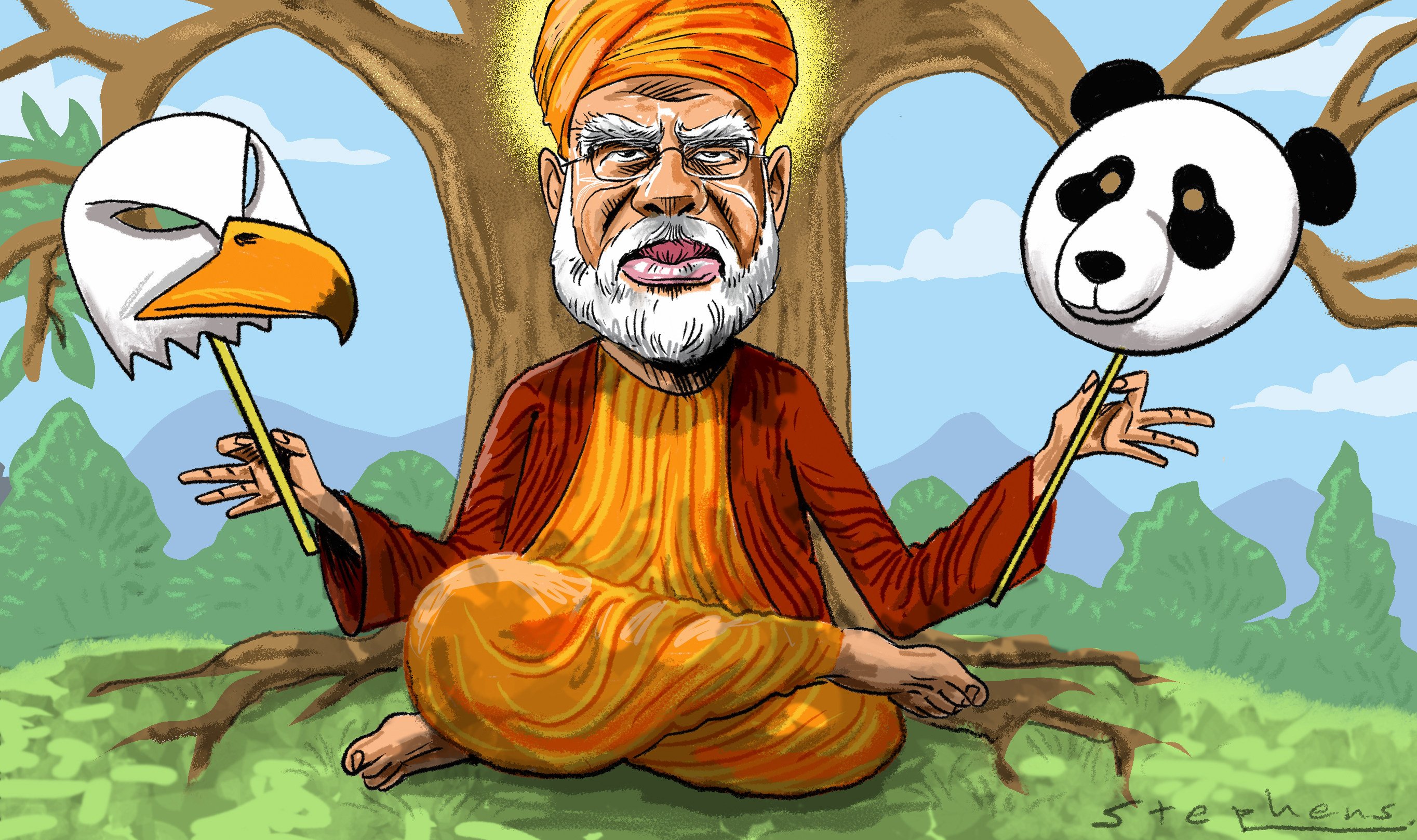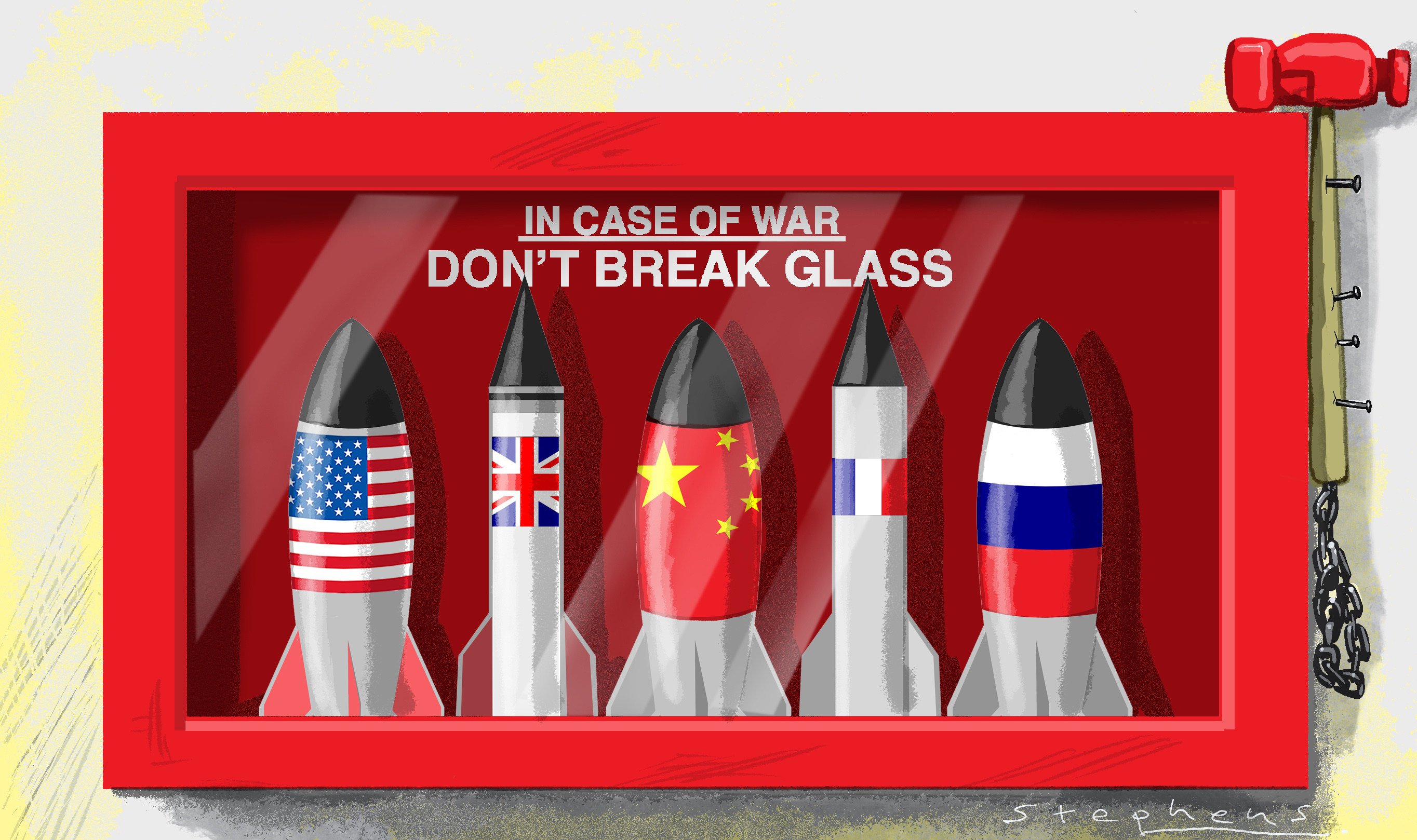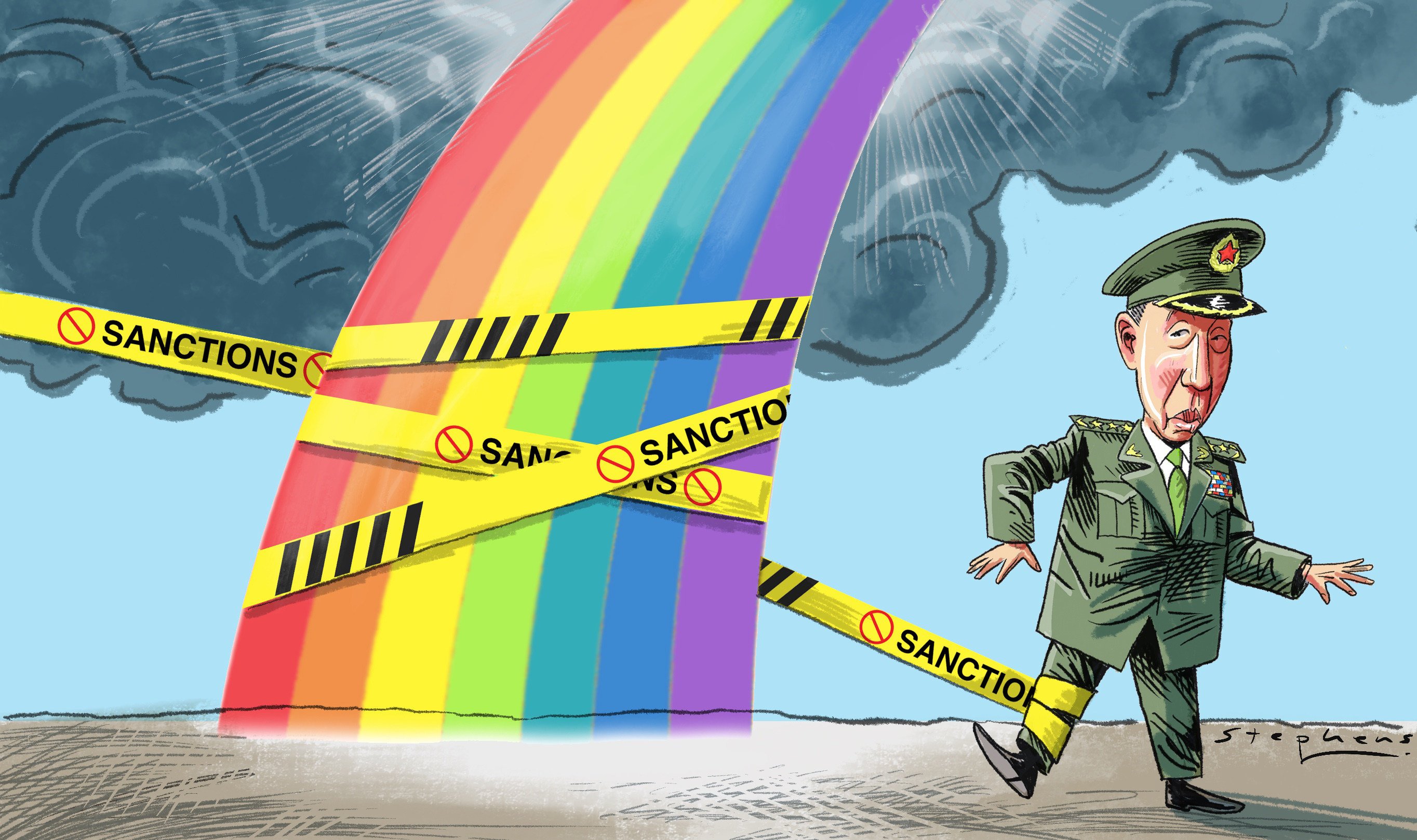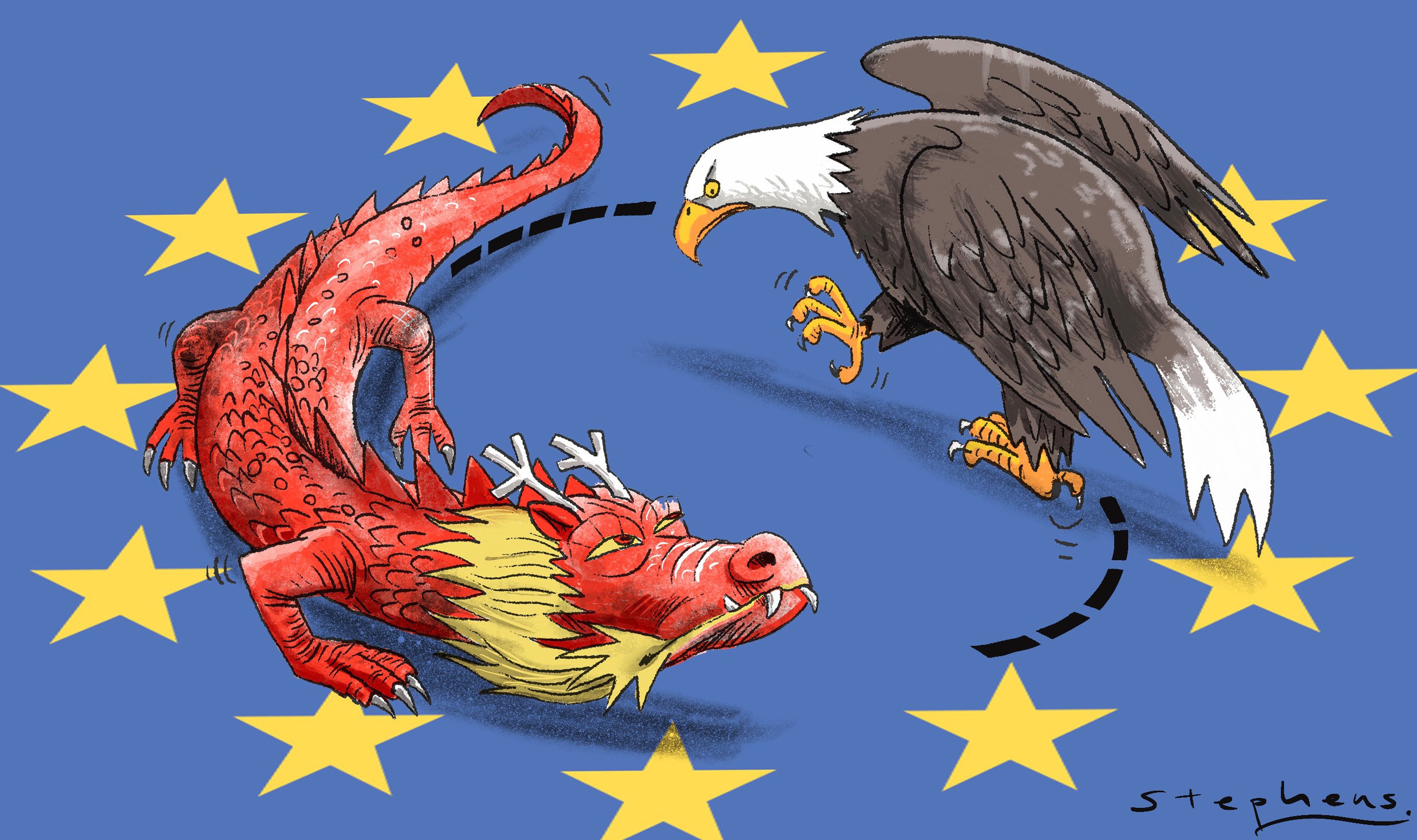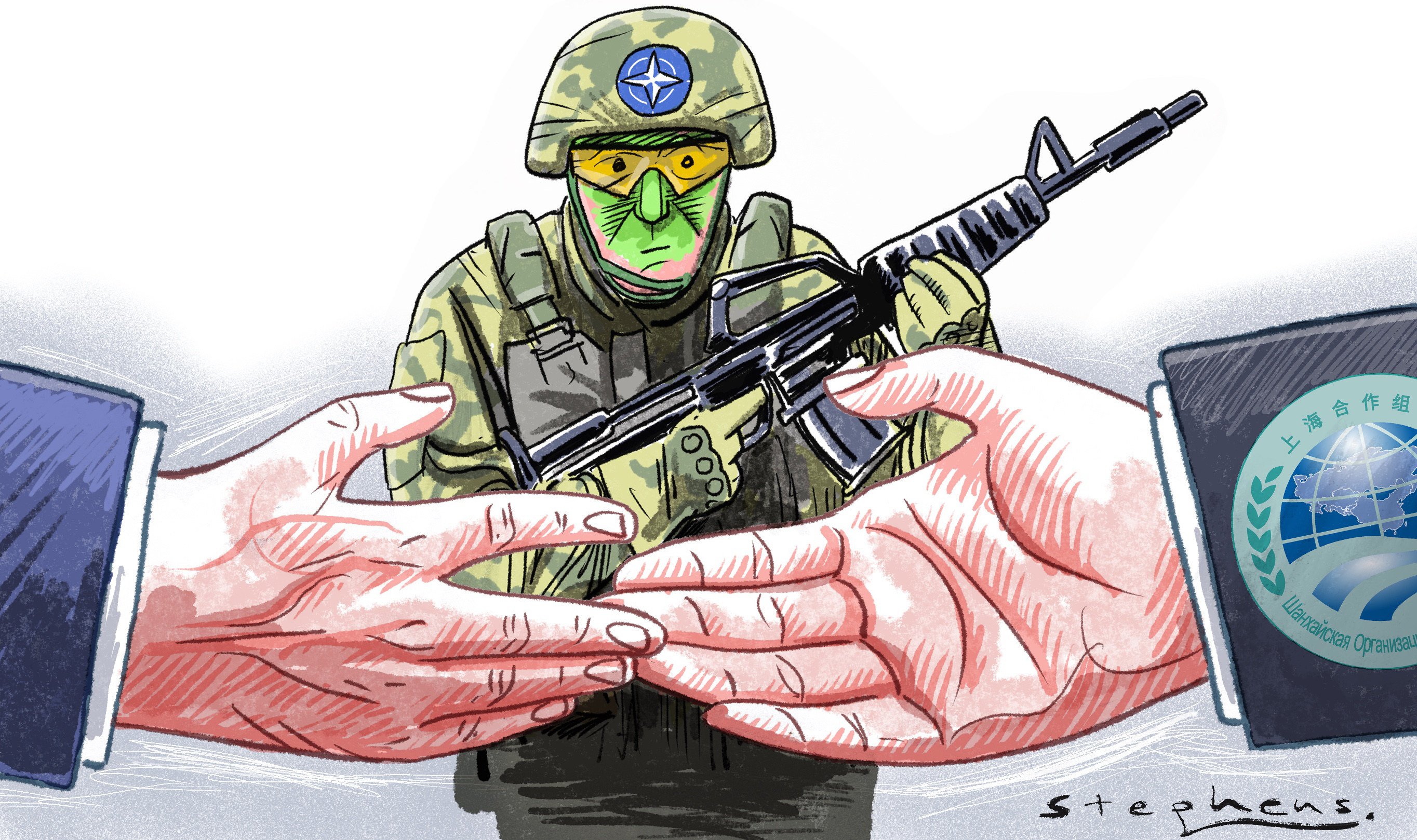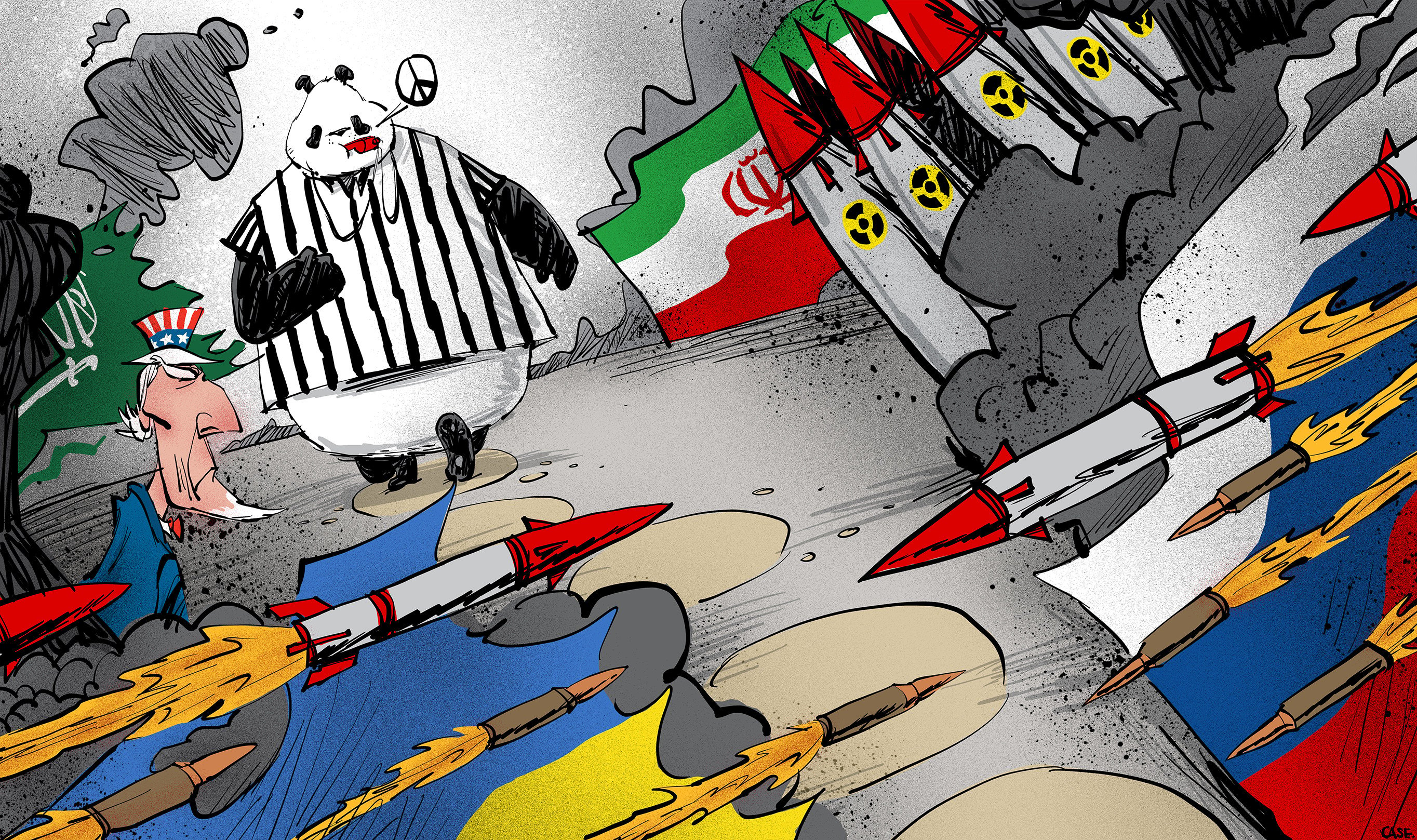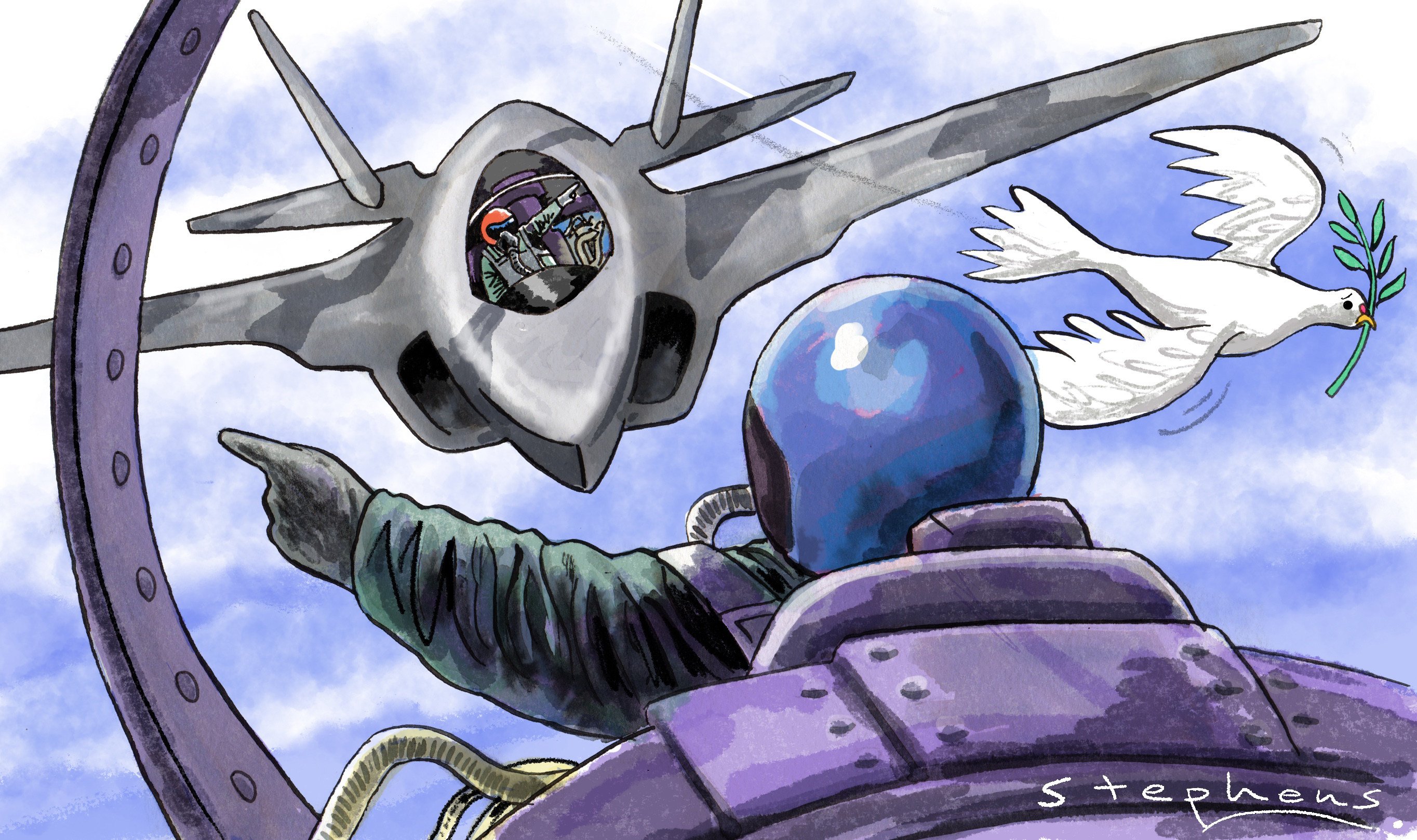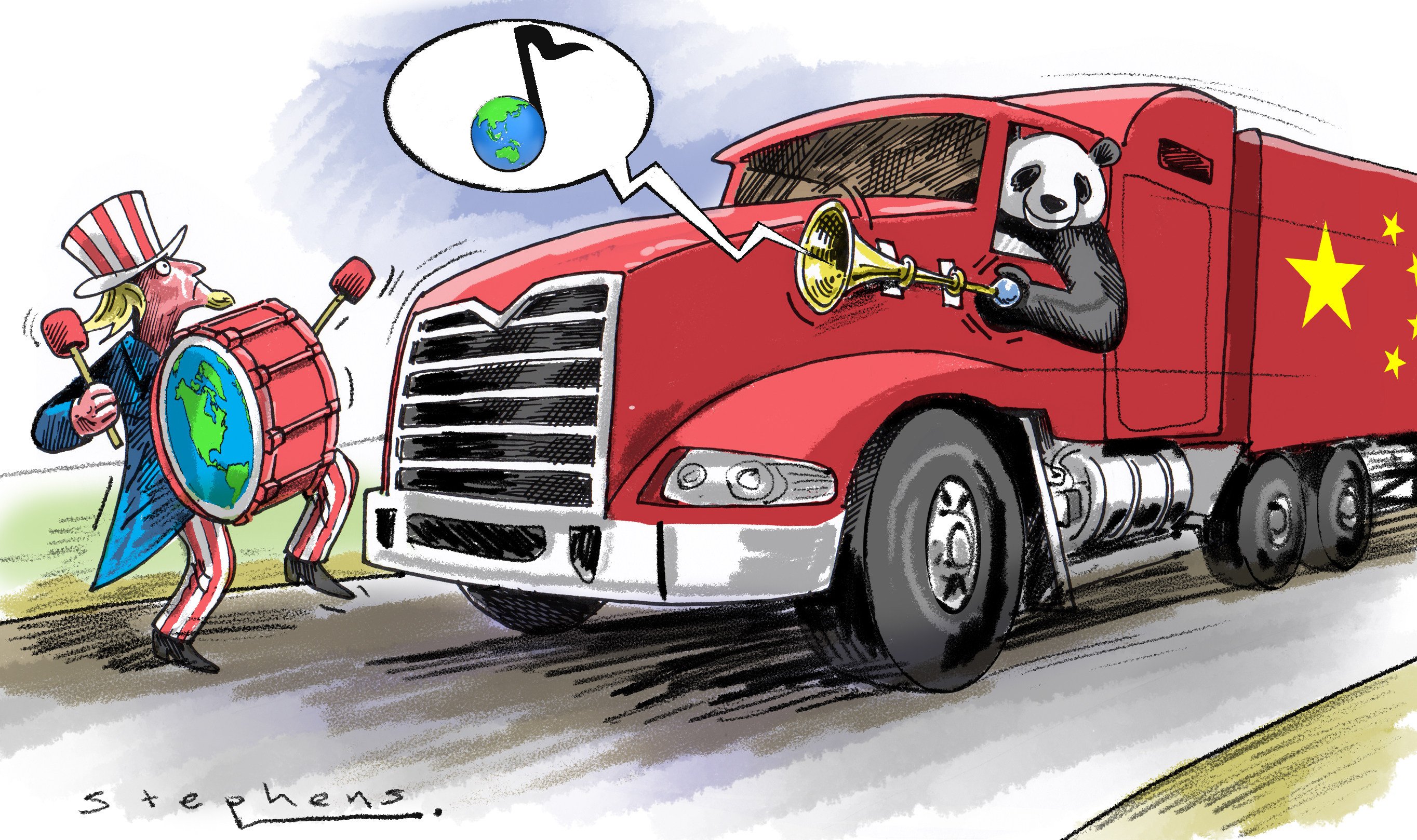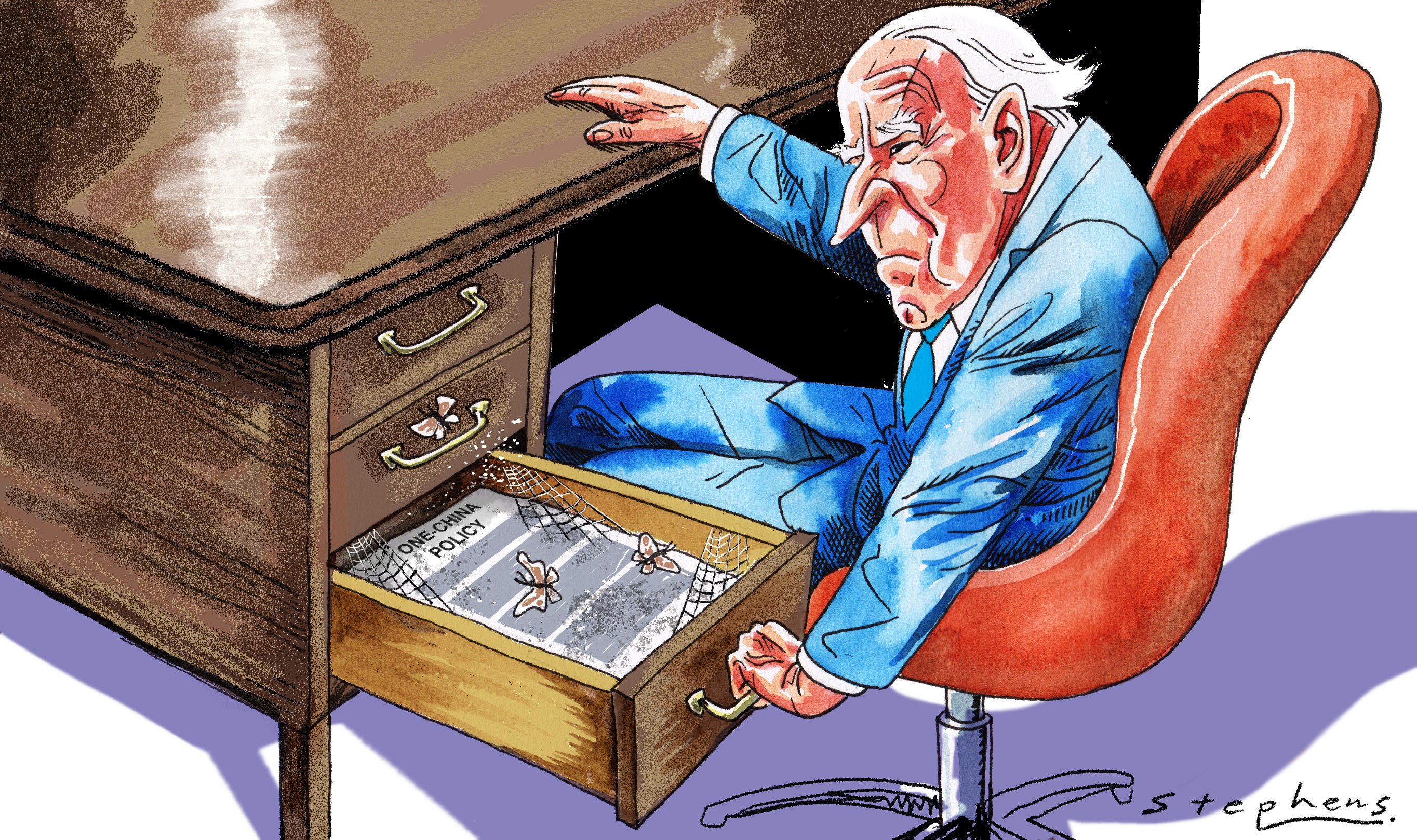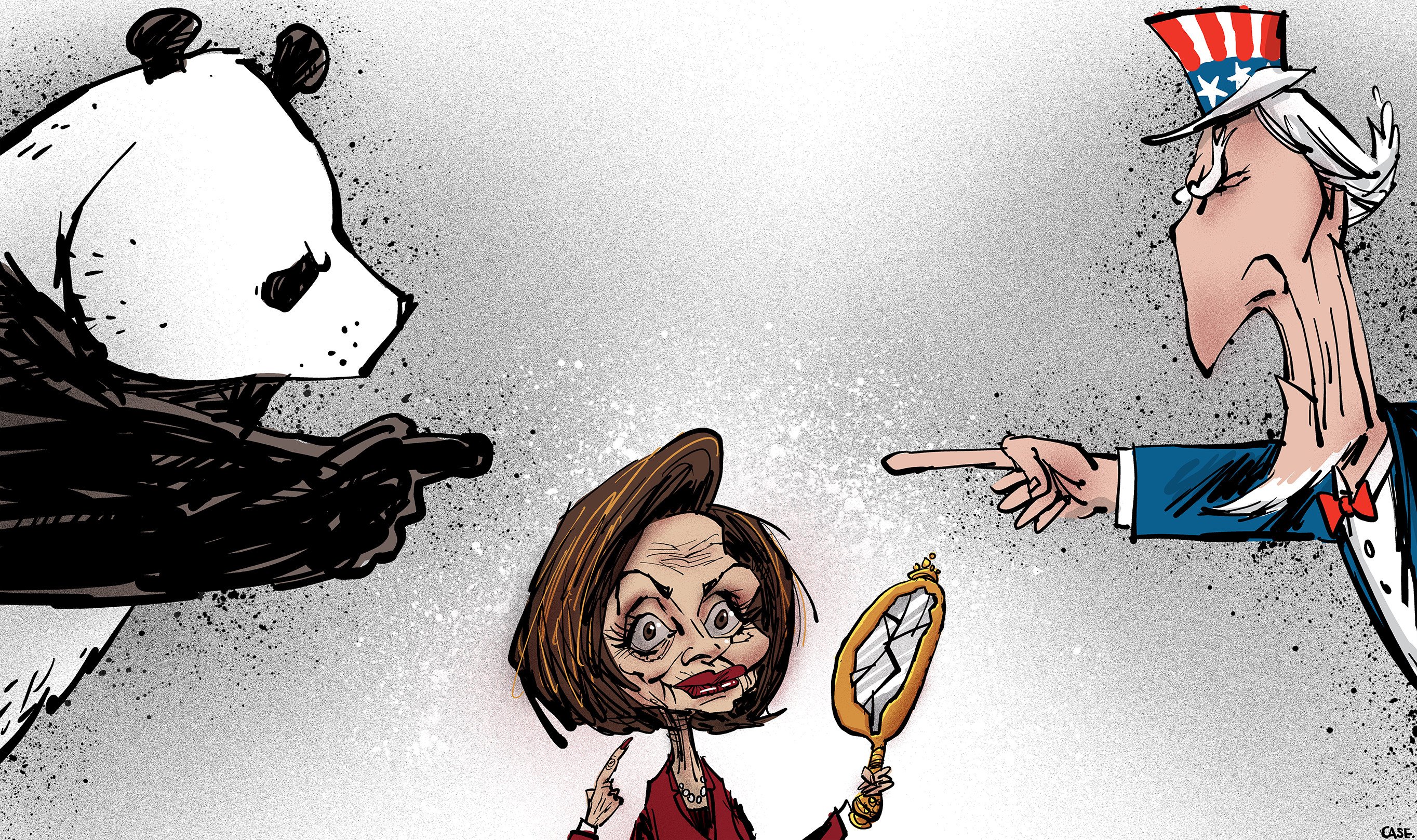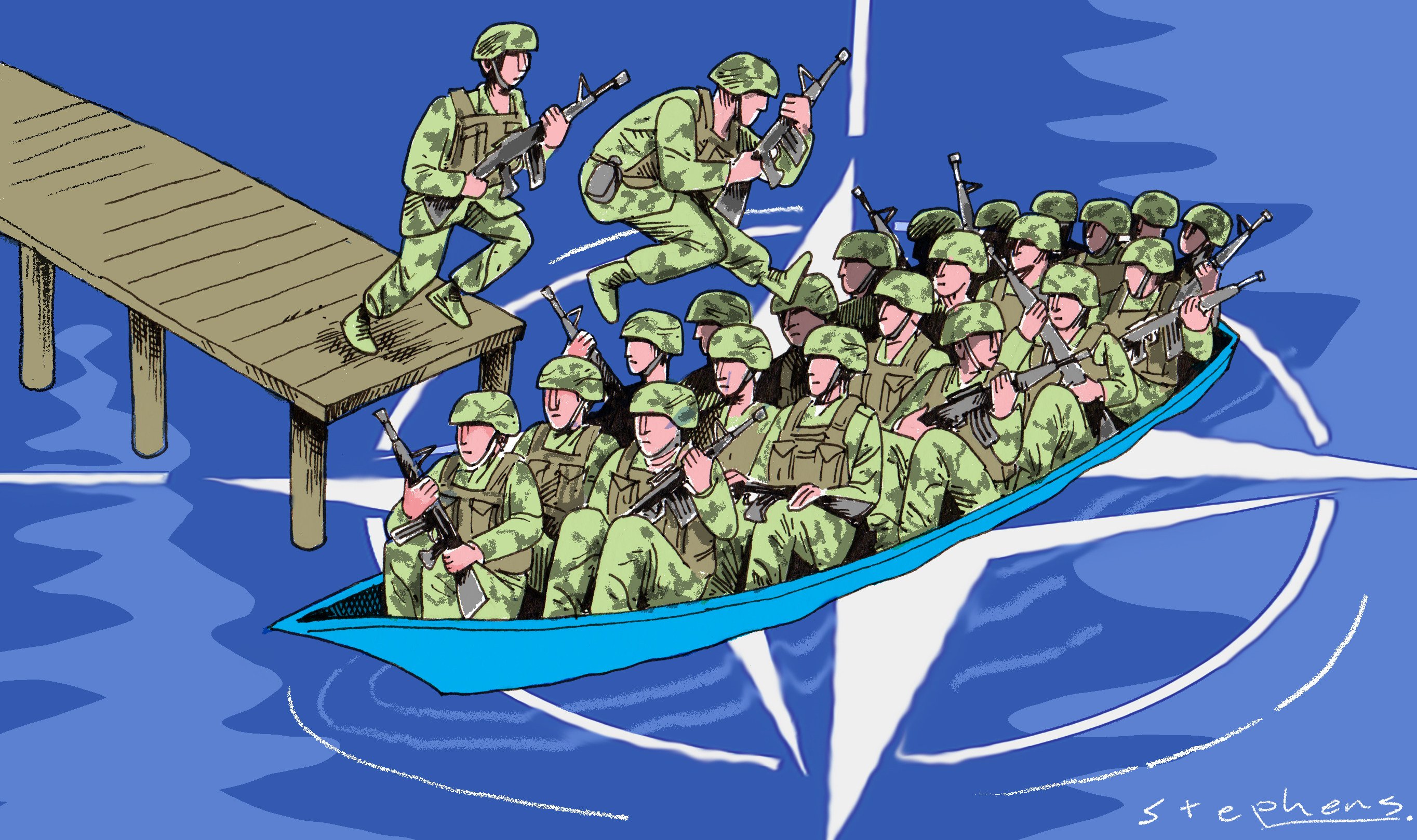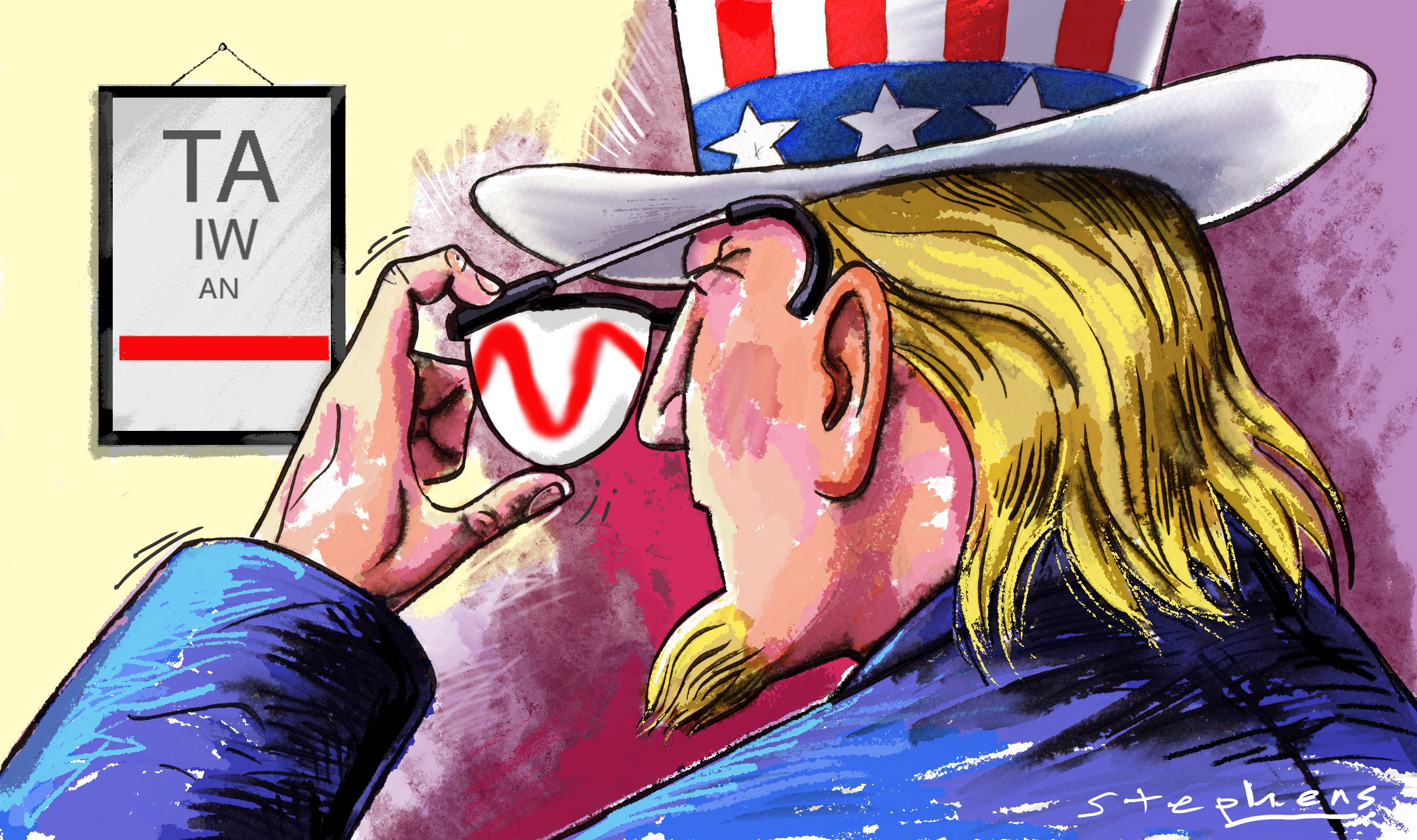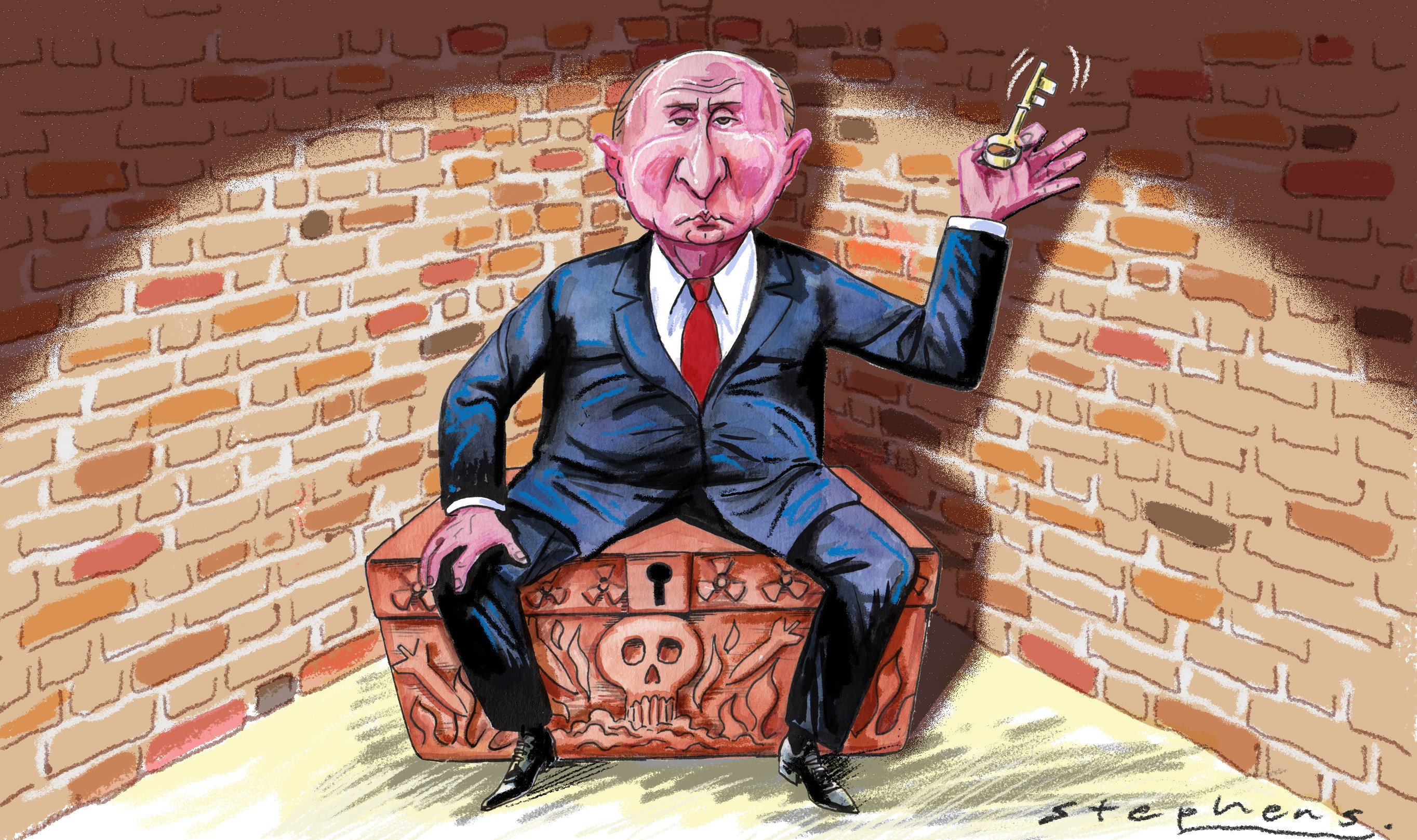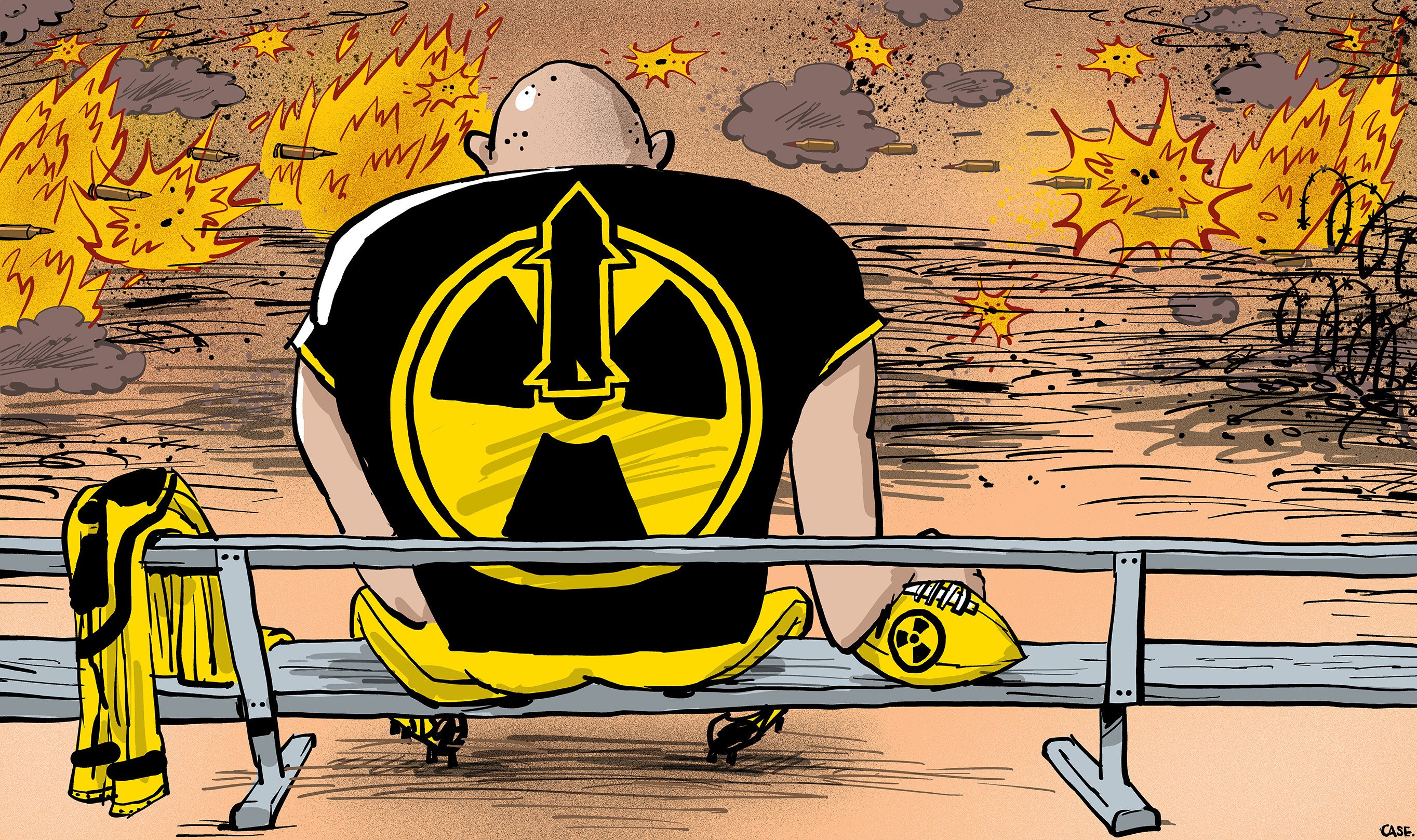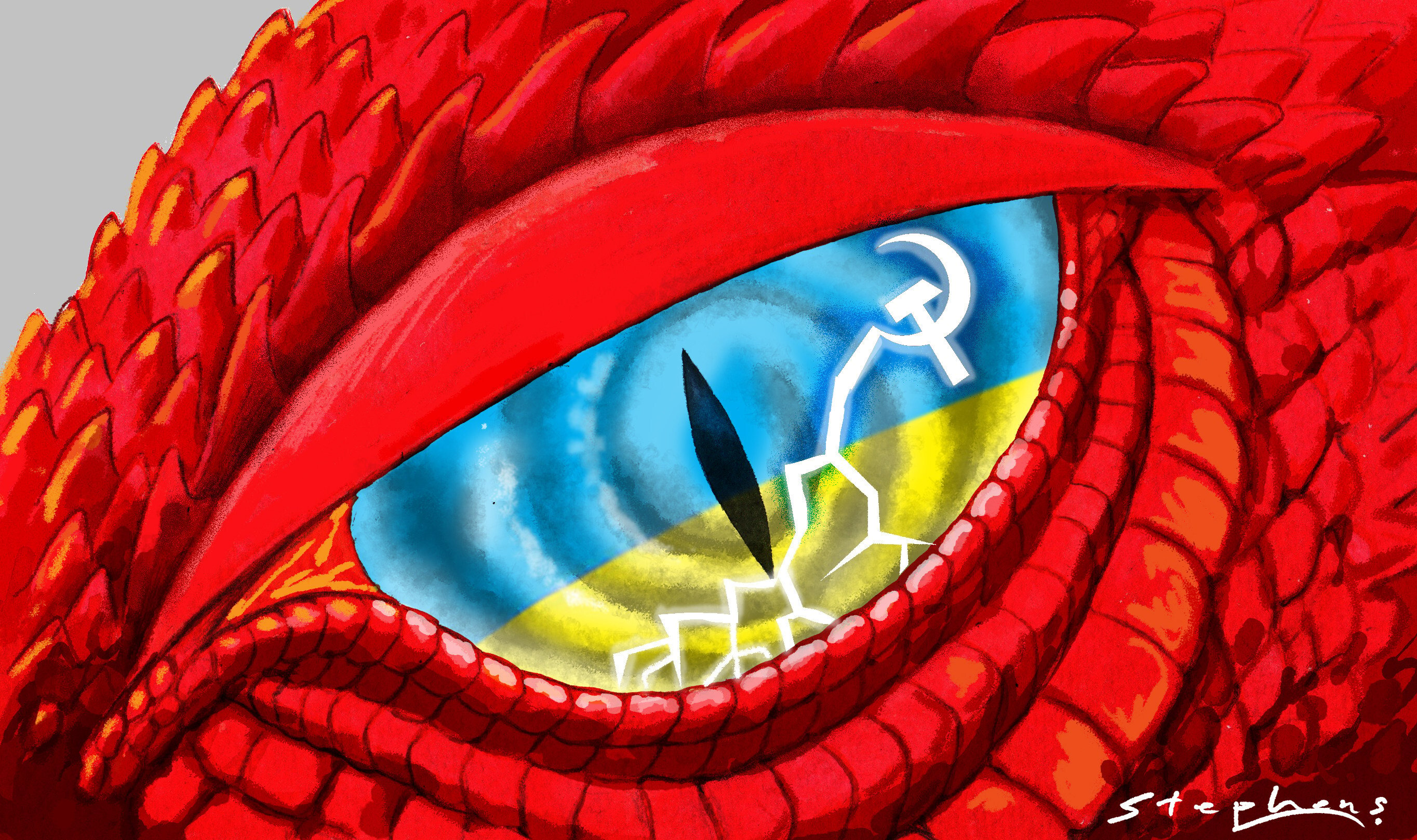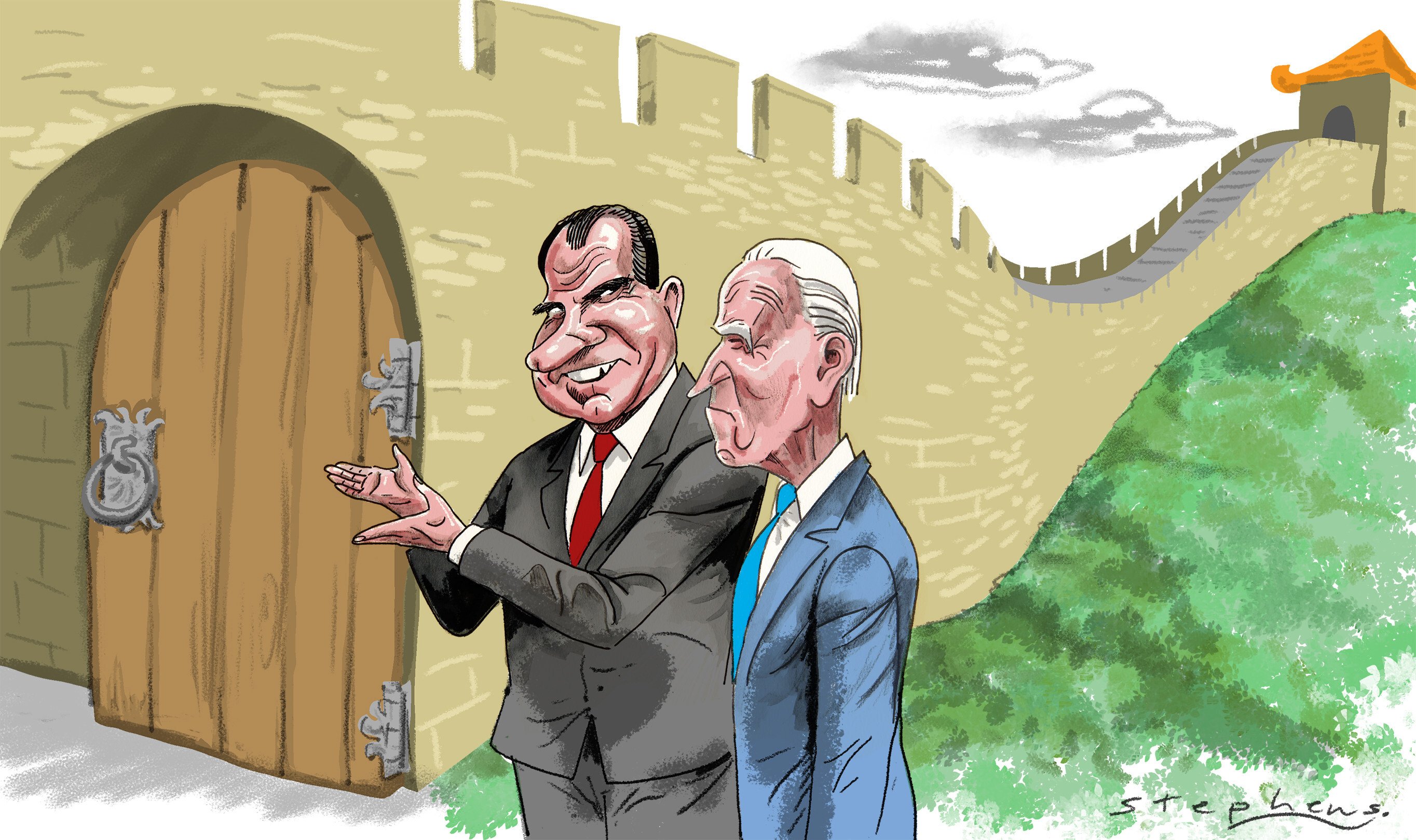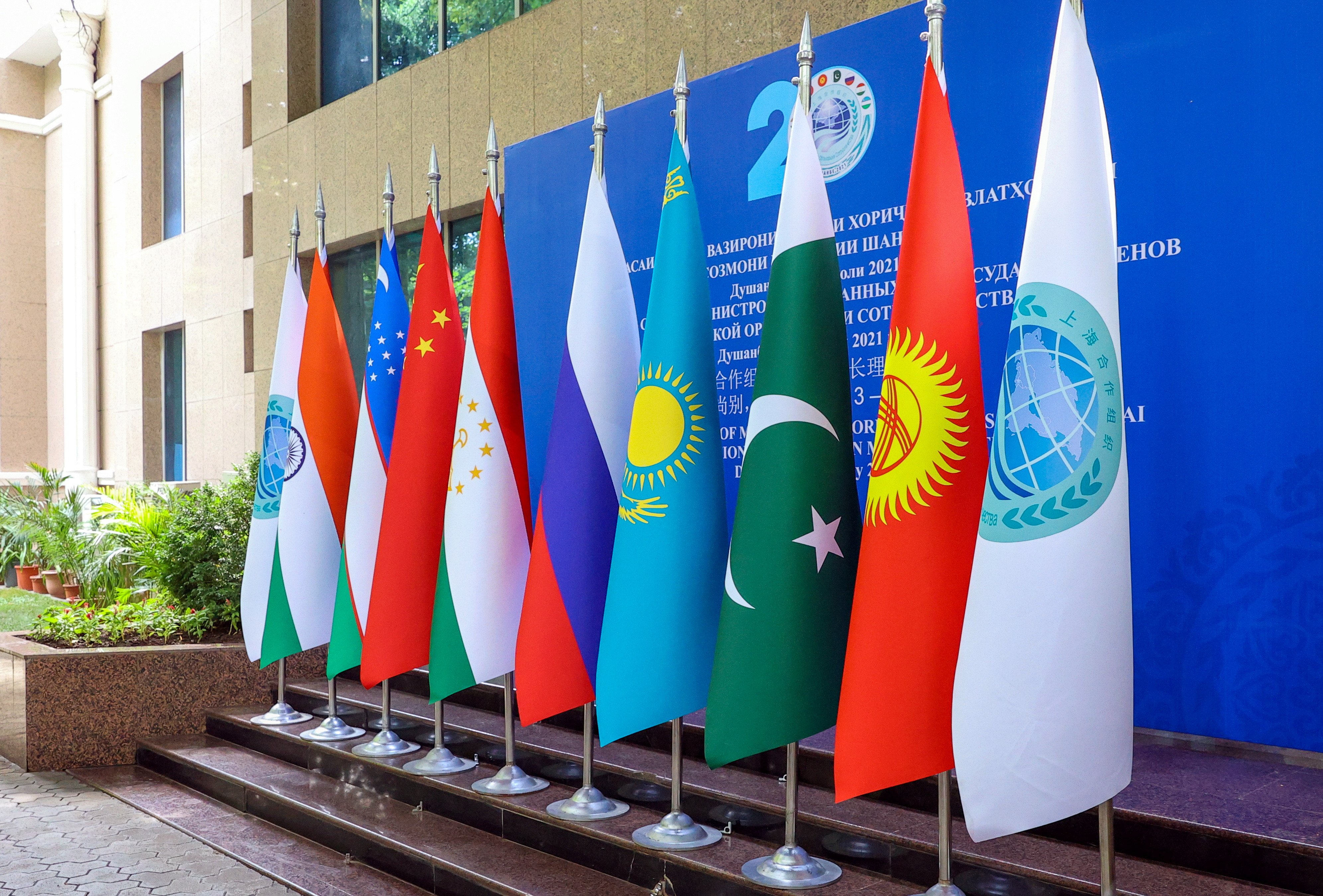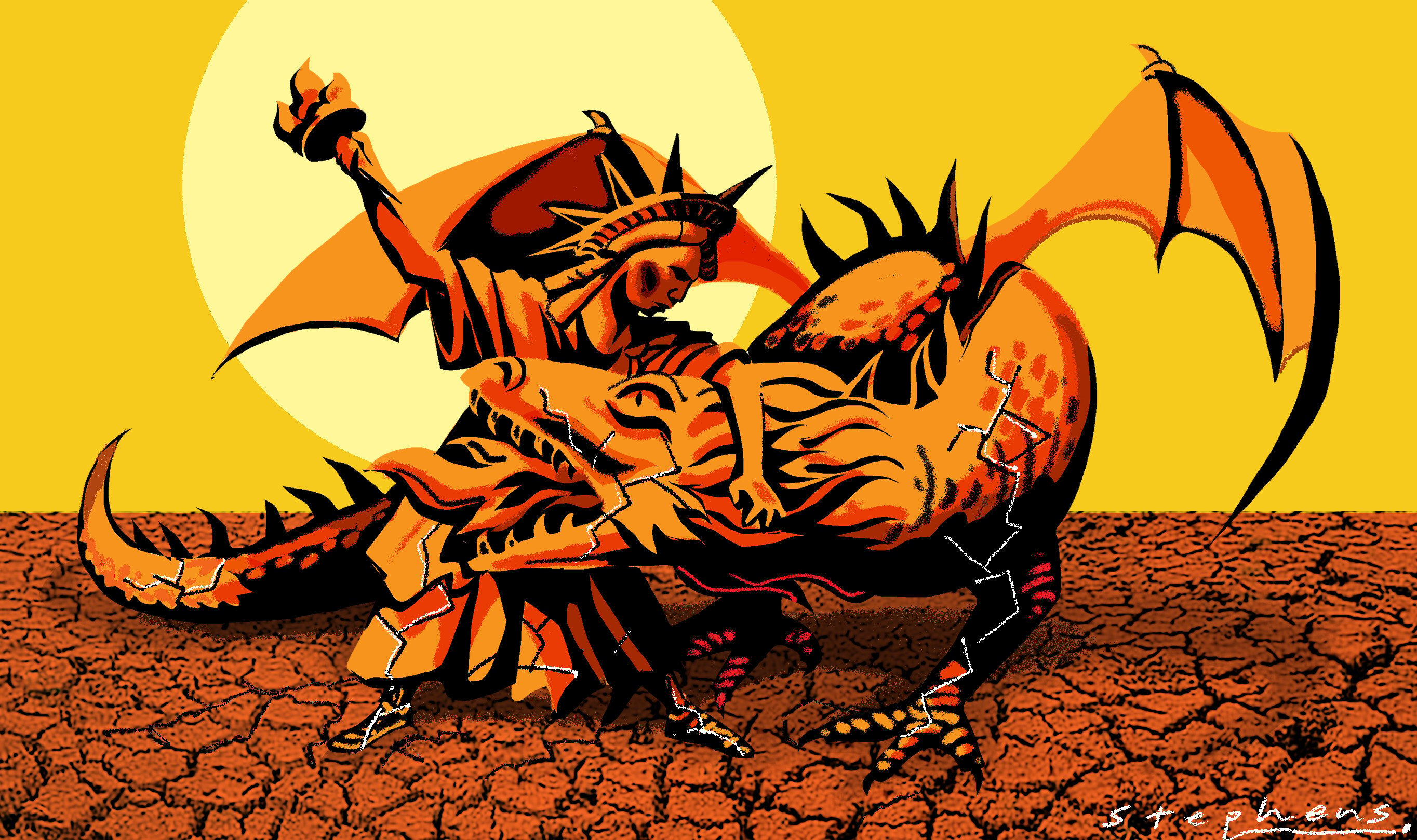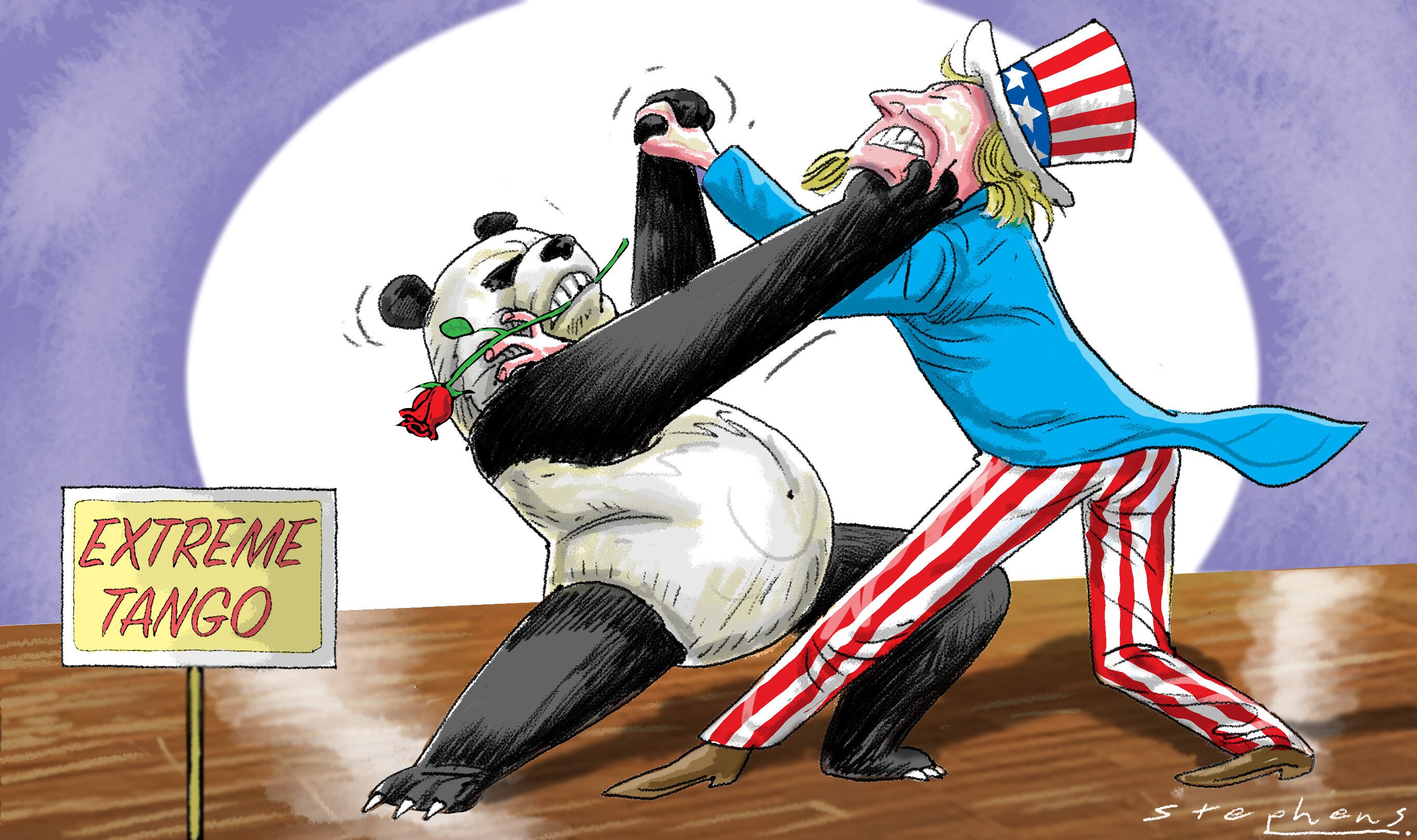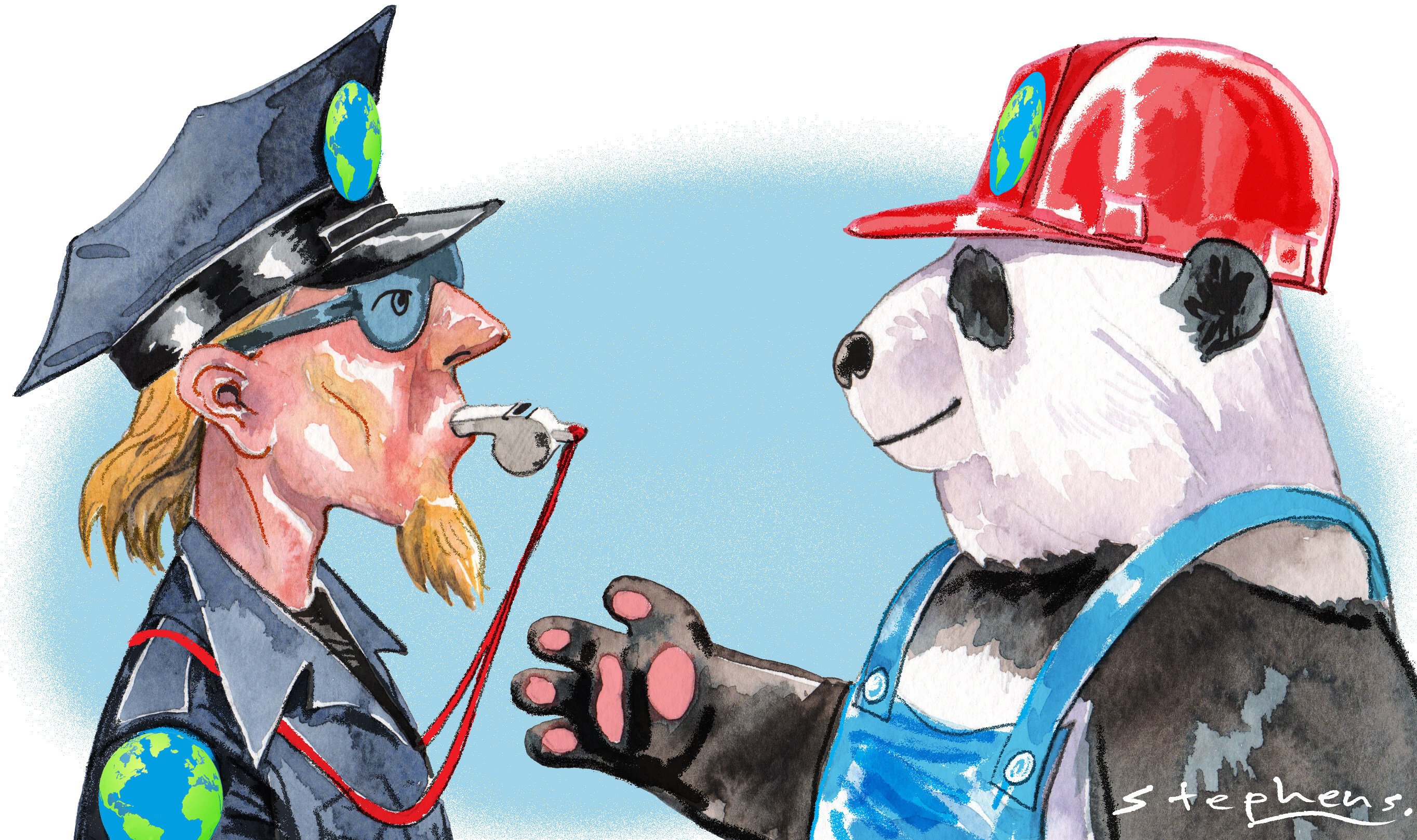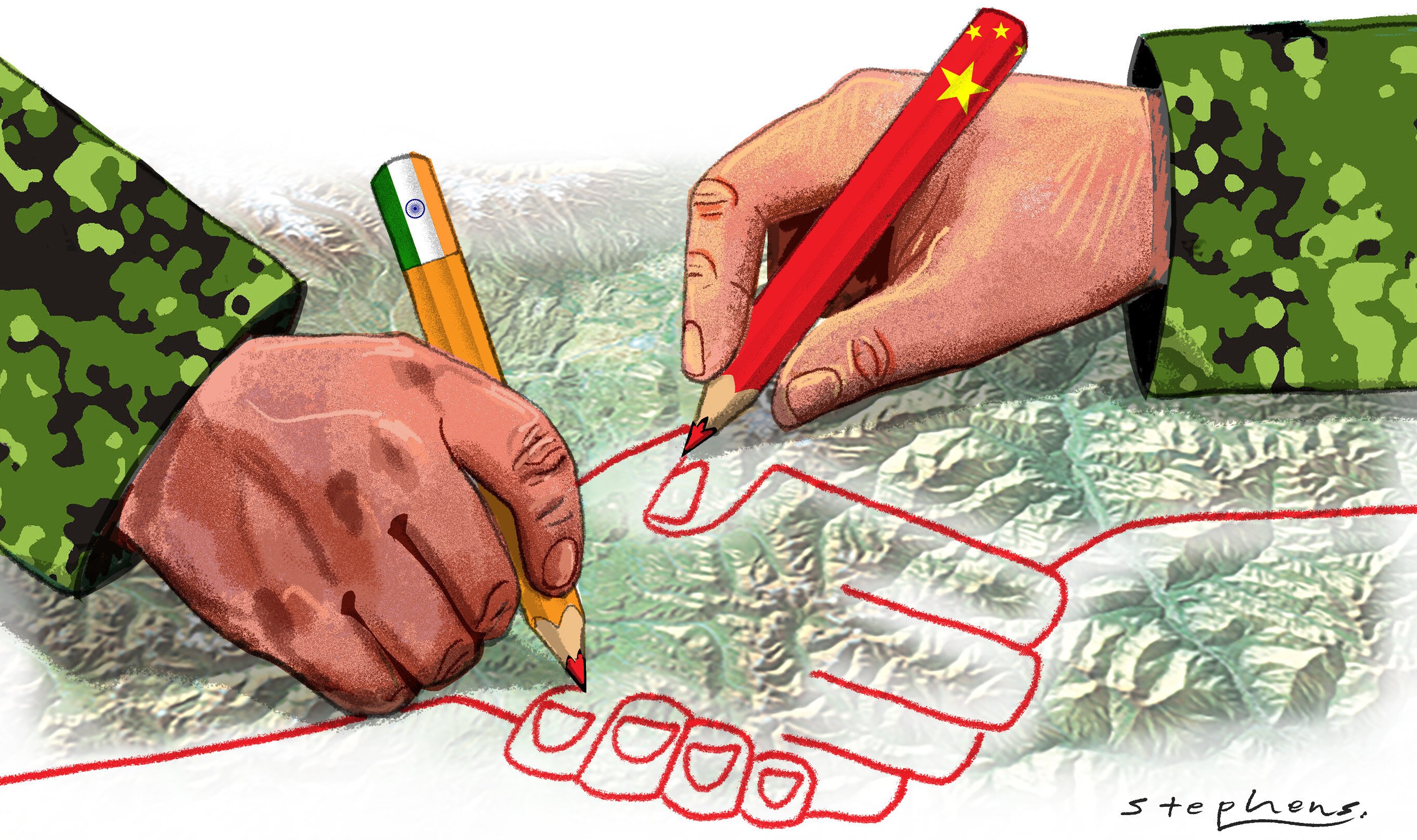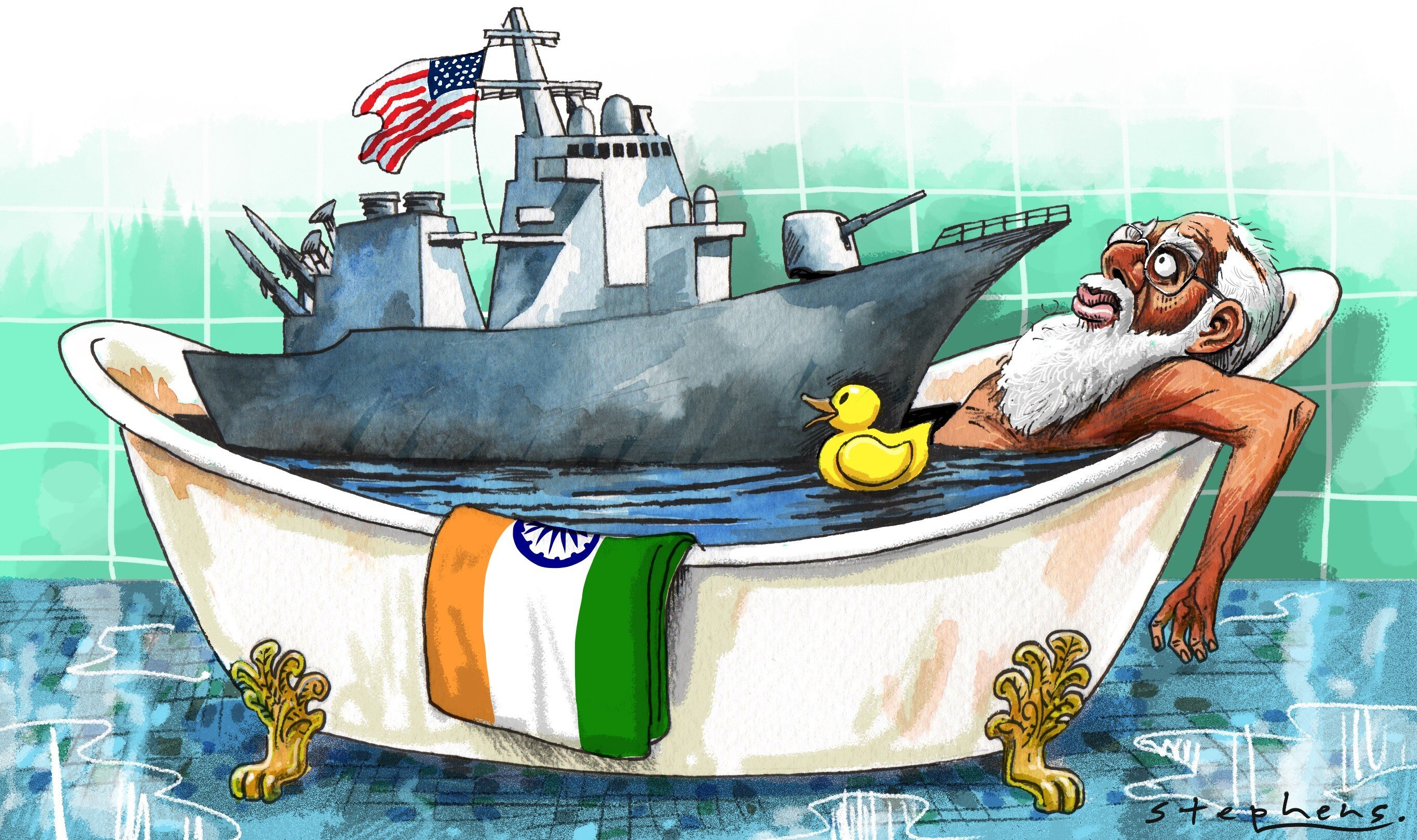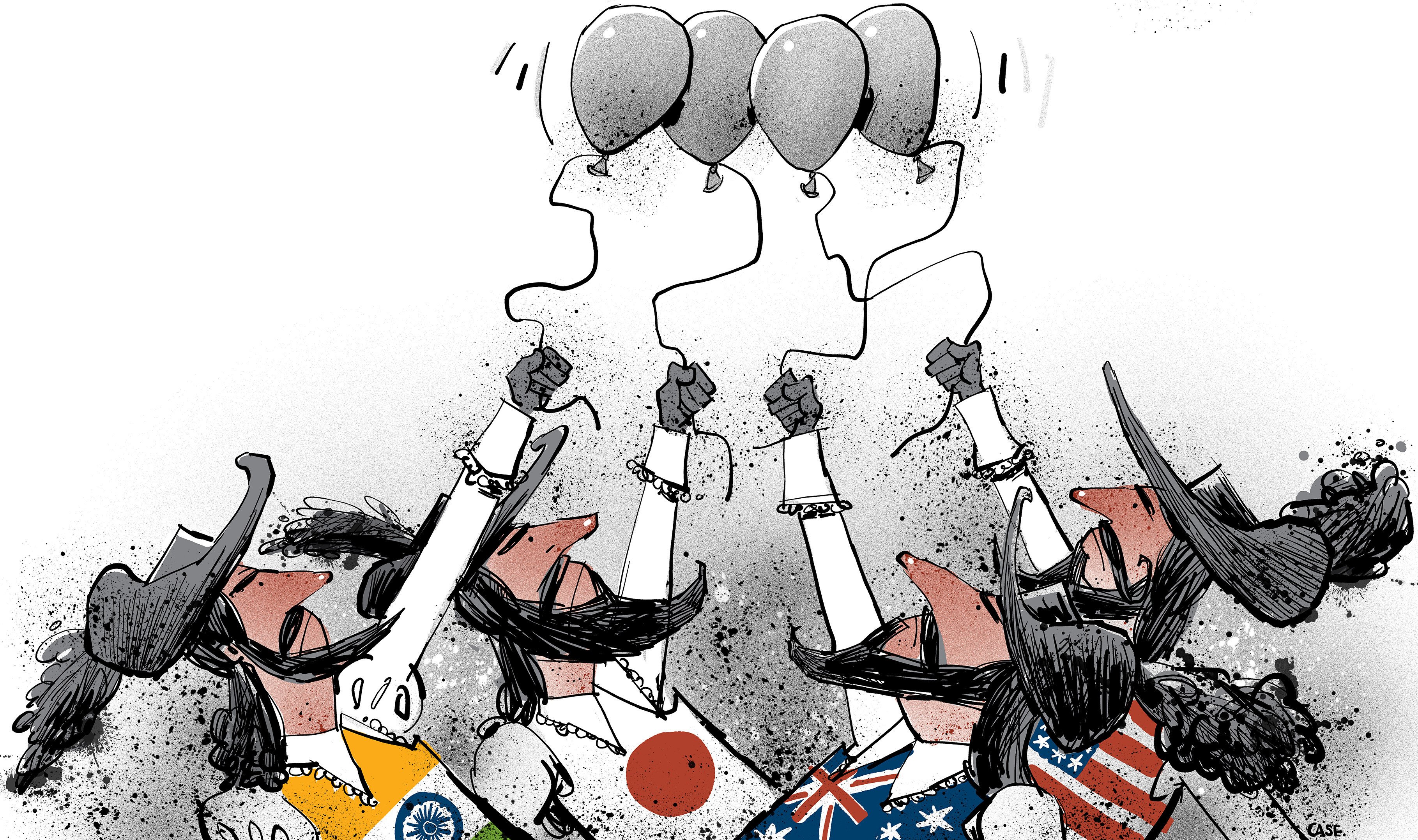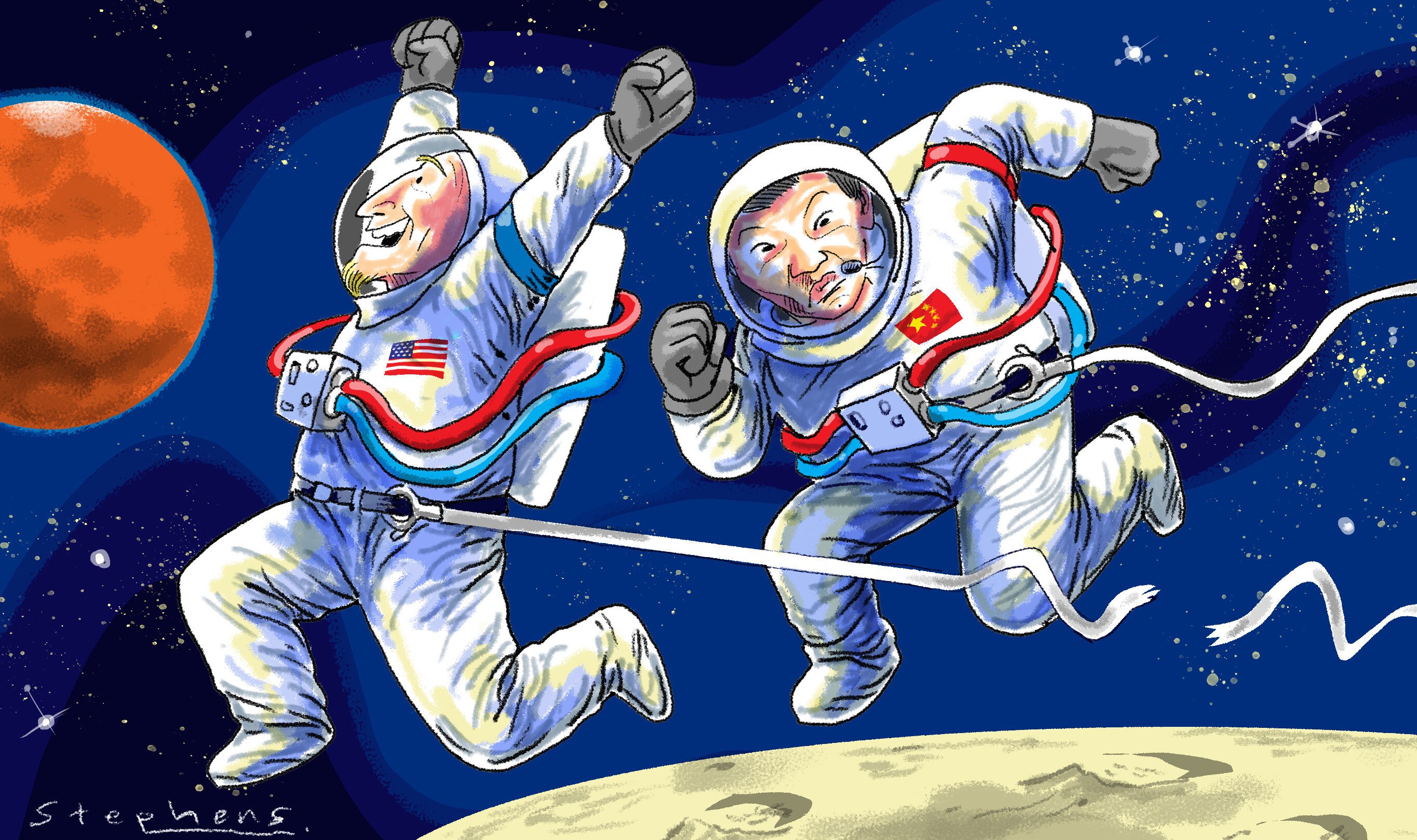
That Washington can count on its allies in case of a war over Taiwan is a best-case scenario – and more likely, wishful thinking. For Washington, the biggest strategic ambiguity is whether a stronger China will become more confident about peaceful reunification or more impatient and resort to force.
Trump’s threats don’t work on China, but they could alienate Nato allies and worsen the conflict in the Middle East even as the polarising leader presides over a more divided America.
China does not desire Global South leadership; India has the ambition but not the heft. For the sake of the Global South, both countries should serve as the anchors of a dawning Asian century.
How can China protect its assets abroad without being embroiled in regional conflicts? The answer does not lie in more military bases or joining the US-led Red Sea coalition.
Israel can’t occupy Gaza forever. The most practical post-ceasefire solution is temporary UN governance of the strip, pending a final political solution.
China must use its growing influence in the region to prevent hostilities from spreading. Longer-term peace requires solutions to the Israeli-Palestinian conflict and Iran nuclear impasse, and that means cooperating with the other key player in the region: the US.
India is now being wooed by the US as China was once cosied up to by Washington during the Cold War. While this is a moment for New Delhi to seize, detente between China and India would better serve both countries’ strategic and economic interests.
Hope lies in getting nuclear powers to agree to a ‘no first use’ policy. If China can persuade the US, then Britain and France are likely to fall in line. The challenge is getting Russia on board.
While progress has been made on the diplomatic and military front, US-China military-to-military contact remains frozen. US sanction on Chinese Defence Minister General Li Shangfu is a sticking point that must be resolved to avoid the risk of dangerous miscalculations.
The competition won’t be in the Global South, where the US has lost out to China, while in the Indo-Pacific, few nations want to take sides. Rather, it will be in Europe, where the US has most of its allies and China is the largest trading partner.
Nato is at an impasse as Western democracy declines and it could struggle to find new threats to justify its existence once the unifying effect of the Ukraine war ebbs. Meanwhile, the open and inclusive Shanghai Cooperation Organisation is expanding rapidly and just needs to avoid being seen as an anti-Western club.
Having successfully mediated between two Middle Eastern rivals, China can probably help resolve the Iran nuclear issue. While the Ukraine war is a more complicated proposition, China is increasingly being seen as a stabiliser in a divided world.
A Chinese fighter jet and US surveillance plane flying within metres of each other over the South China Sea is a reminder that an accident could have escalating consequences. The resumption of military-to-military dialogues is crucial; the two militaries should explore building confidence in new fields where the gaps are not huge.
Unable to contain China’s economic rise, the US has fallen back on claims that it is defending the ‘international order’. But these claims ring hollow when most countries are either uneasy about taking sides or eager to embrace China’s model.
Beijing still has strategic patience and that is a chance for Washington to avoid sleepwalking into a costly and damaging conflict. It can start by encouraging Taiwan to accept the 1992 consensus, and discouraging US officials from visiting Taiwan.
Pelosi’s misguided trip to Taiwan has backfired on both Washington and Taipei. It has given Beijing a chance to show off its military capabilities, while providing an incentive to ramp up reunification efforts and show that the Taiwan issue matters above all else.
The war in Ukraine is just a continuation of the Cold War as Nato and Russia compete for spheres of influence. The conflict has bolstered Nato solidarity for now, but as the West’s decline continues, the alliance will wane.
As debate rages on whether the US is shifting away from its long-standing policy on Taiwan, sparked by Biden’s apparent gaffes, Beijing will prepare itself for the worst-case scenario of a military conflict. And it won’t make the same mistakes Russia is making in Ukraine.
If Russia is not bluffing about its willingness to use nuclear weapons, ignoring its legitimate security concerns could doom the world. With no prospect of a ceasefire, the challenge is how to reduce tensions.
The world is on edge again after Putin’s threats about the possible use of nuclear weapons amid Ukraine’s strong resistance against Russia’s invasion. A pledge not to be the first to use or threaten to use nuclear weapons against others would be a huge step forward in nuclear disarmament.
Should China ditch Russia, it would lose a strategic partner, and it would only be a matter of time before the US resumes its antipathy. Instead, China is choosing to stick to its principles – no-first-use of nuclear weapons, non-alliance and no pursuit of spheres of influence.
Ever since Nixon’s visit in 1972, the US has hoped China’s rise would bring about its liberalisation; now disappointed, Washington has begun a contest with no clear outcome. Yet the 50th anniversary of that historic trip should serve as a reminder that competitors need not become enemies.
Allowing Afghanistan to become a member of the Eurasian security alliance can help lift the country out of crisis and ensure regional stability. While leaders may be reluctant to cooperate with the Taliban, leaving Kabul out in the cold only undermines the counterterrorism aims of the SCO.
During their virtual summit Joe Biden suggested to Xi Jinping that they establish a ‘commonsense guardrail’. The question is how. Washington may find it difficult to coexist with China if it continues to view the relationship as a duel between democracy and autocracy.
Competition will most certainly intensify as the US sees a last chance to bring down a rising China. Despite US assurances that it is not seeking conflict, when competition becomes extreme, a clash cannot be far away.
China’s ‘century of humiliation’ is long over. As it looks to the next 100 years, it should help to improve the world. It must continue to caution against the use of force to discourage wars, share its anti-poverty lessons and encourage healthy competition with the US.
A year after the shock of a fatal border clash, tensions remain high with no consensus on how to resolve the issues over an unverified LAC. To prevent conflict, both sides should dust off previously agreed confidence-building measures and enforce the less-contentious ones.
Like India, China does not accept arbitration on all disputes and is concerned with foreign military activities in its EEZ. Siding with the US might sell in the short term for India, but expediency seldom pays off in the long run and might backfire.
If the Quad is against China, the glue that binds the group is not strong enough; if it is not, there is no need to establish it at all. Unless the Quad becomes inclusive rather than exclusive, its future is not bright.
Unlike the US, which bans cooperation with China, Beijing is open-minded about working with other nations. Recognising mutually assured vulnerability and agreeing not to deploy any weapons in outer space could help avert any potential conflict.

